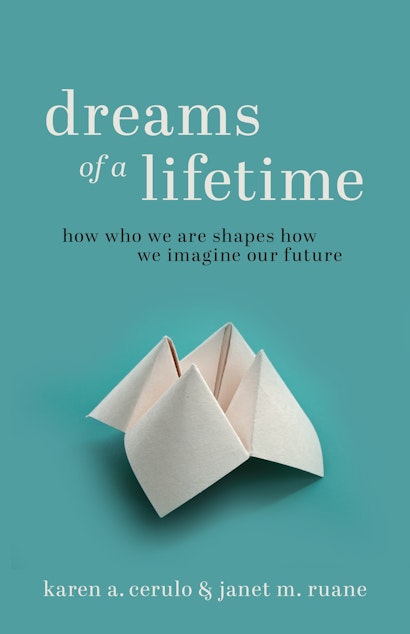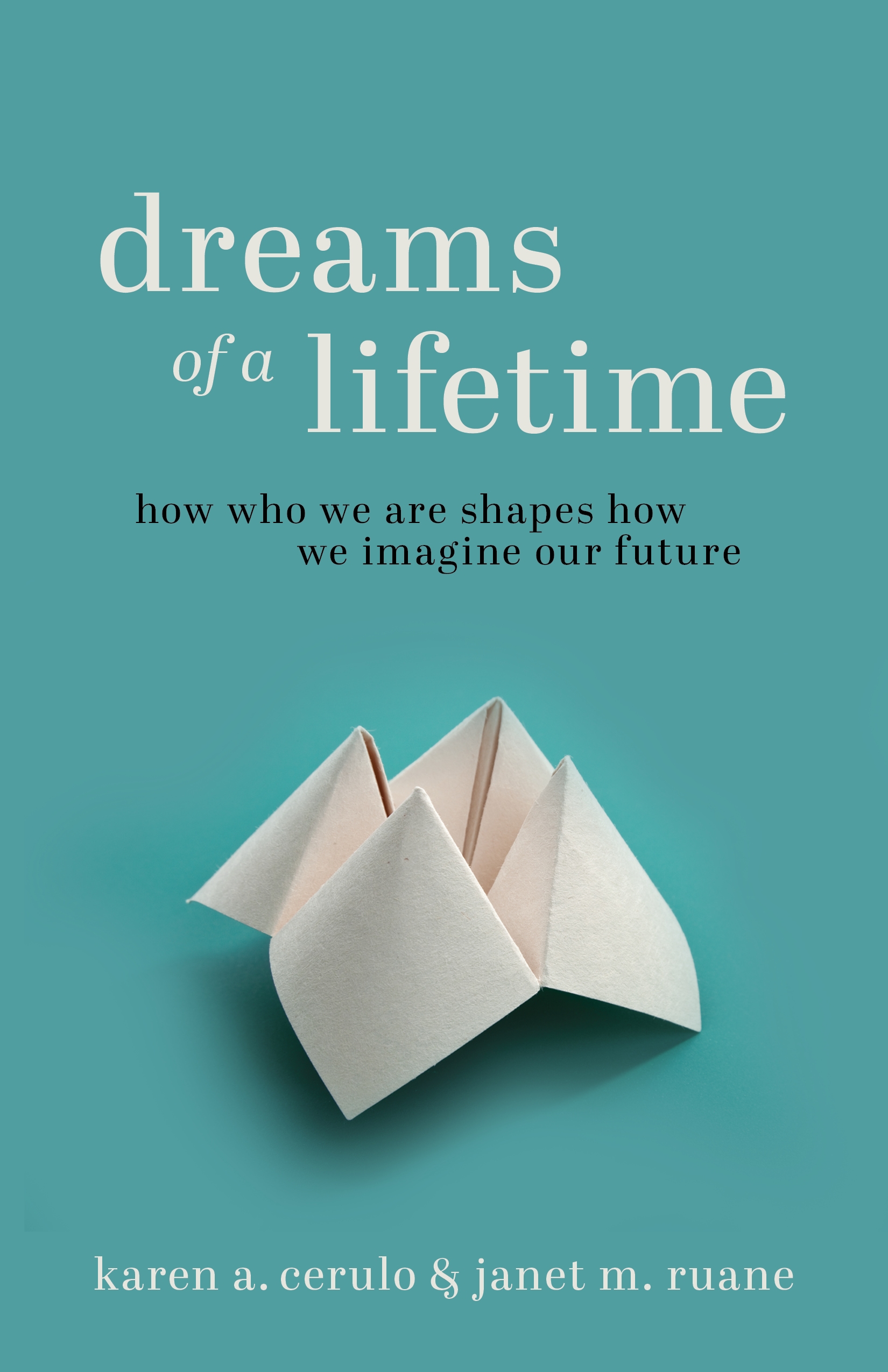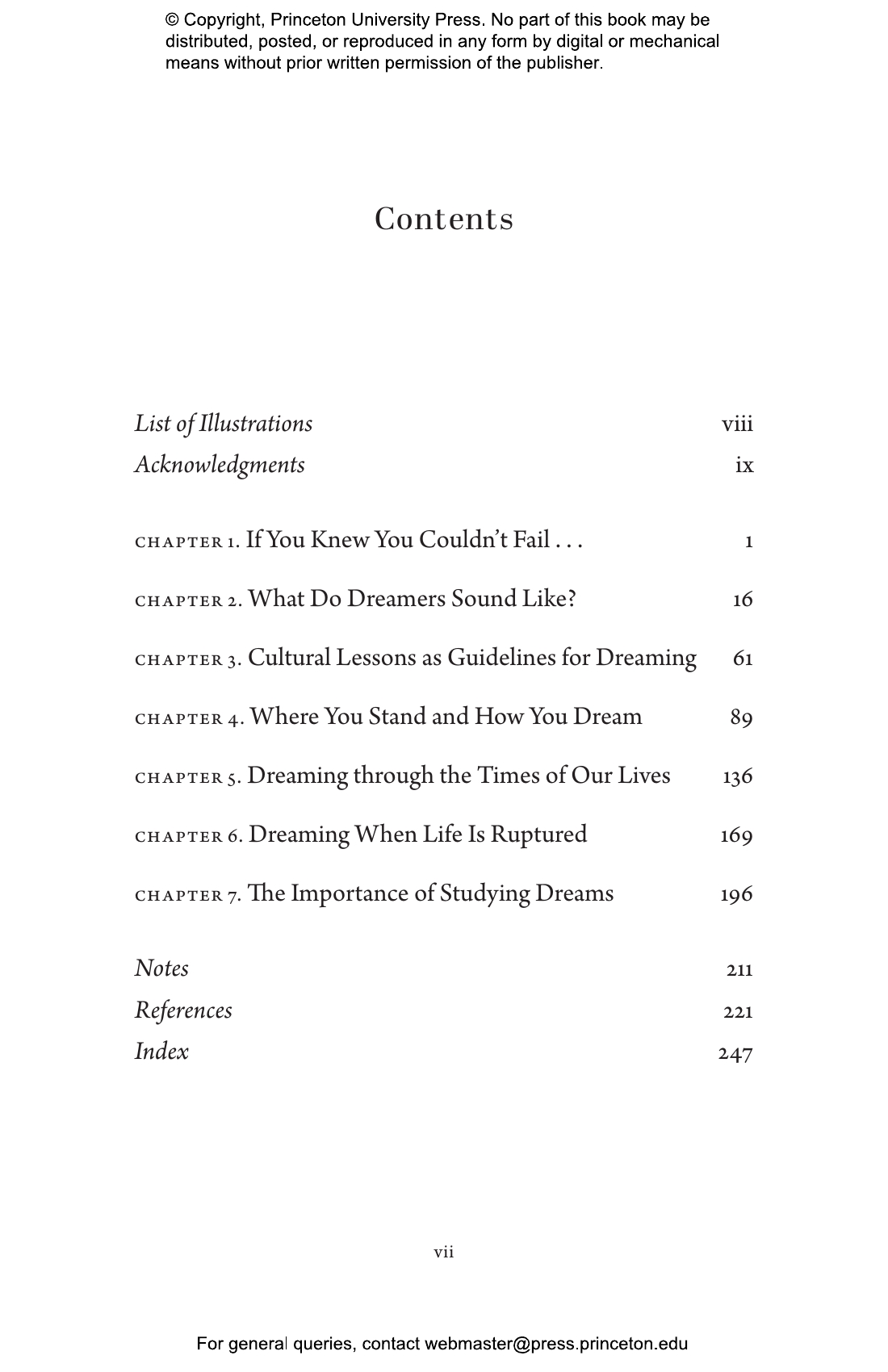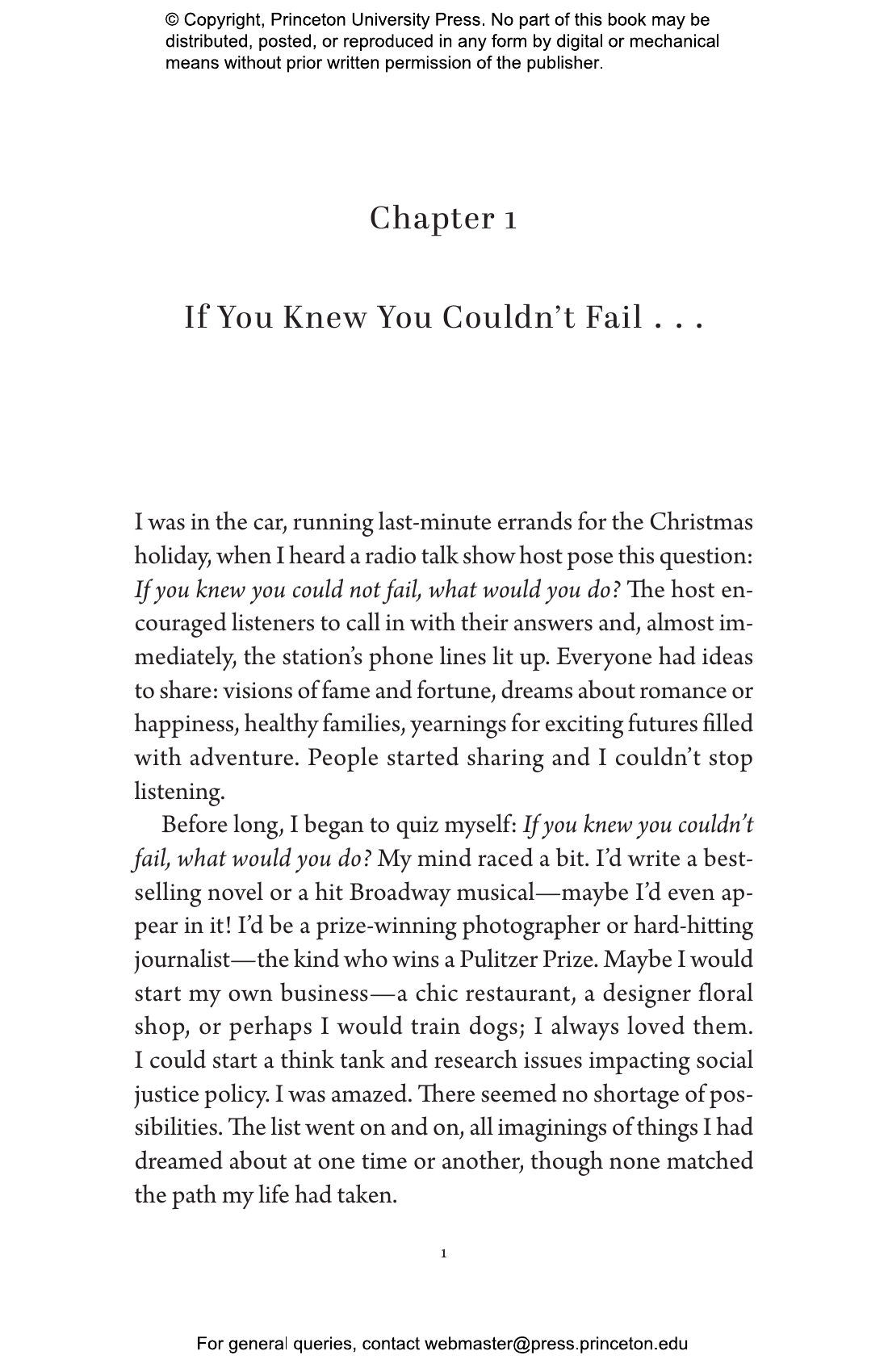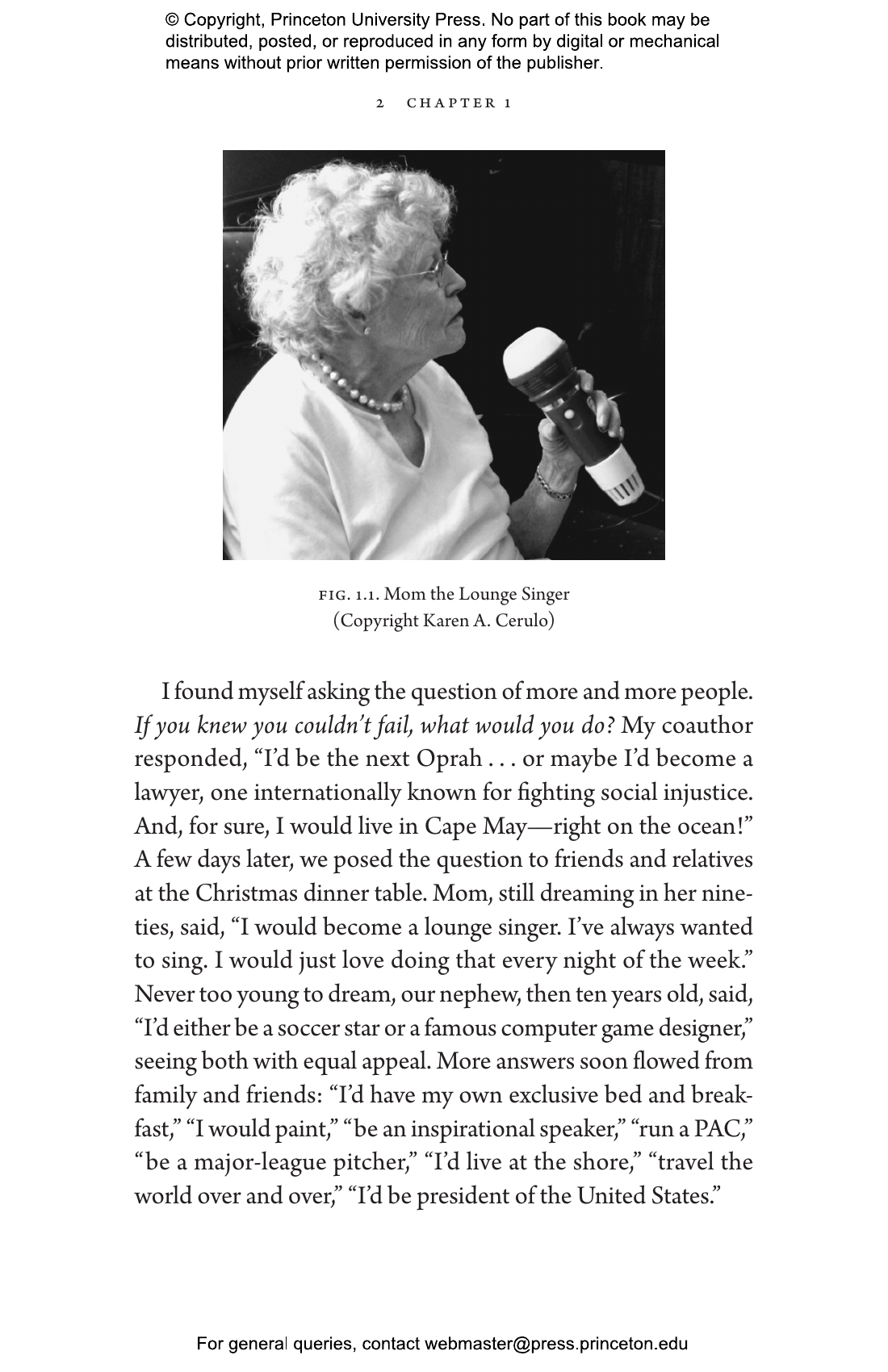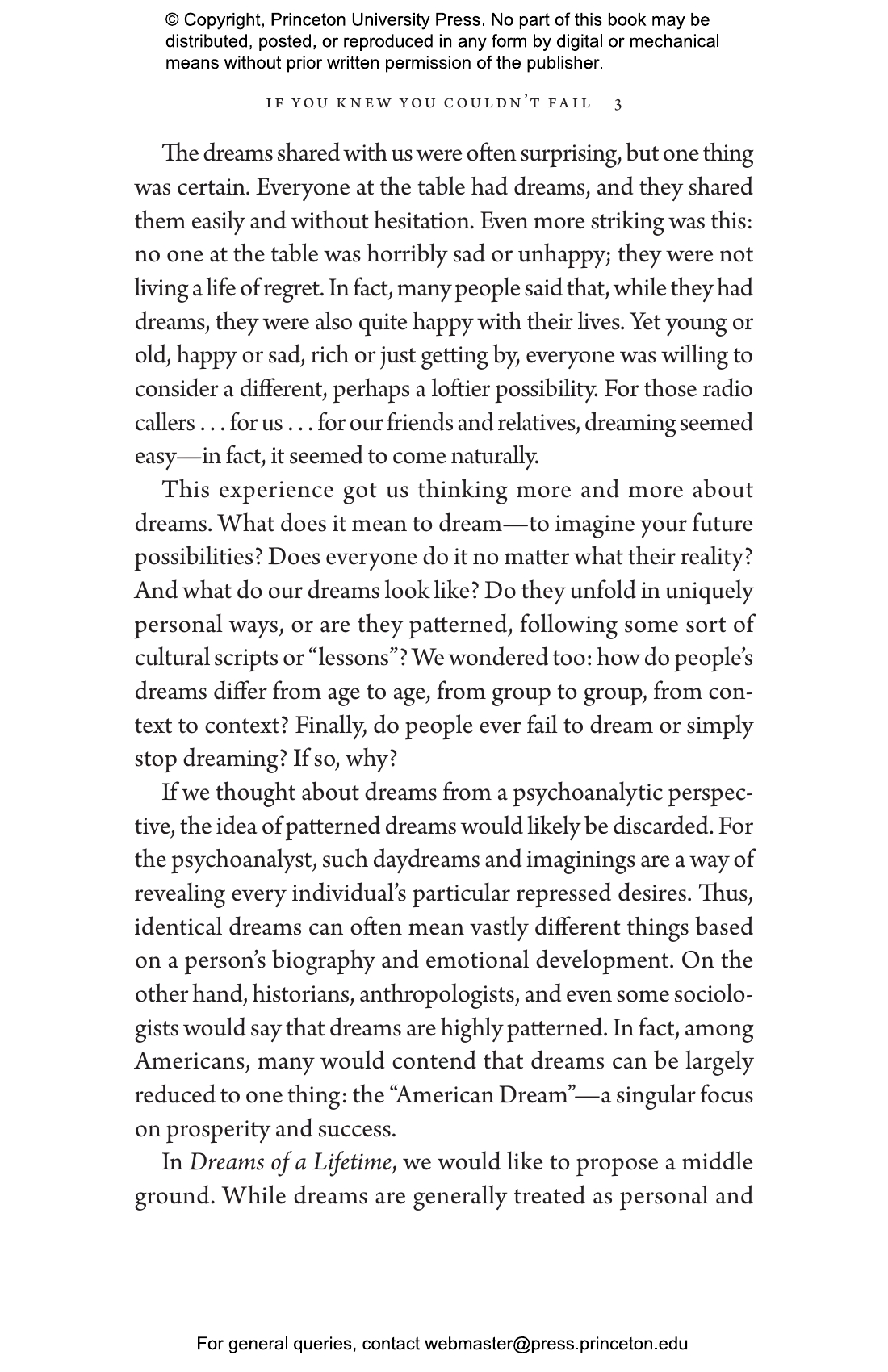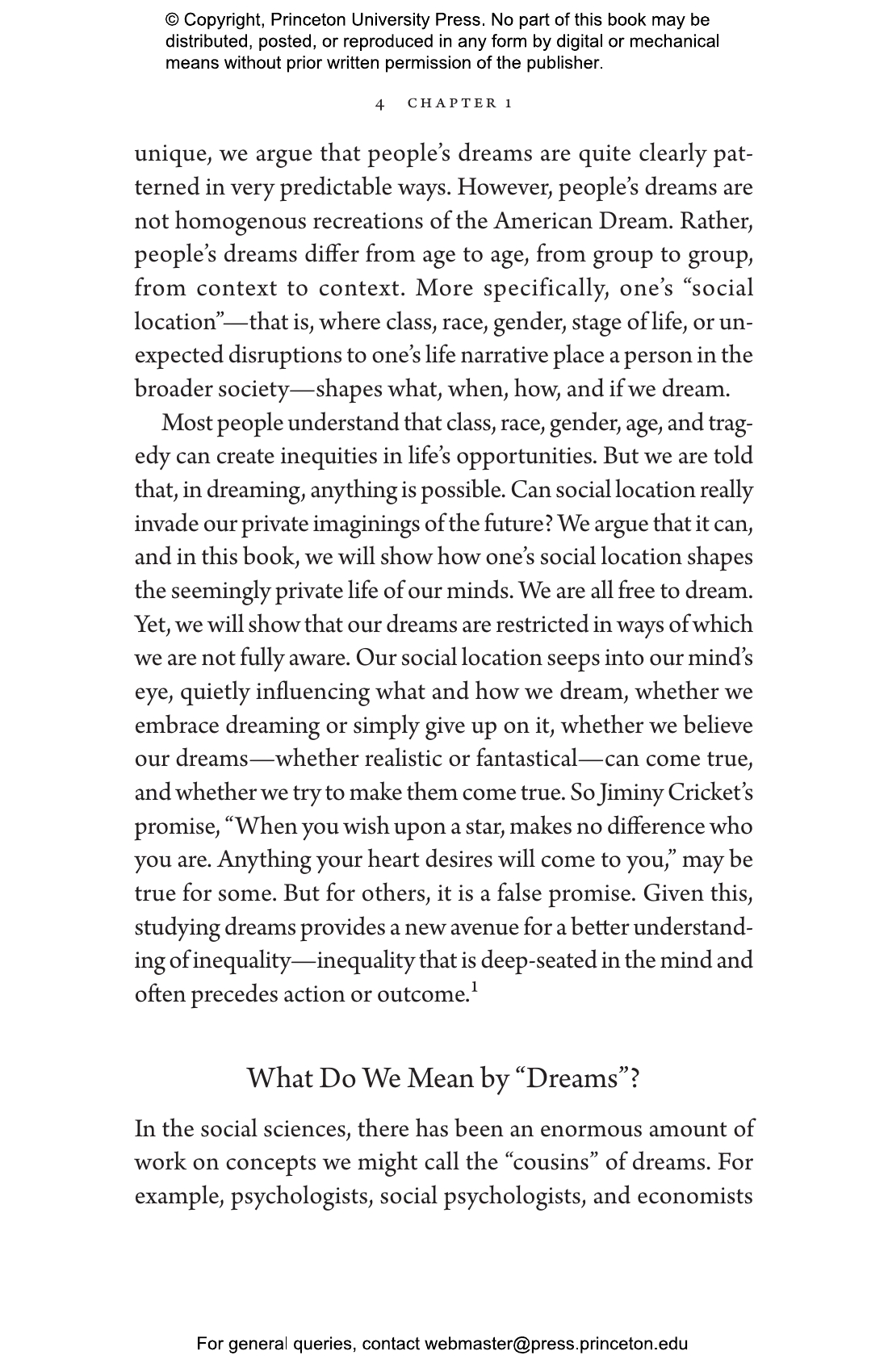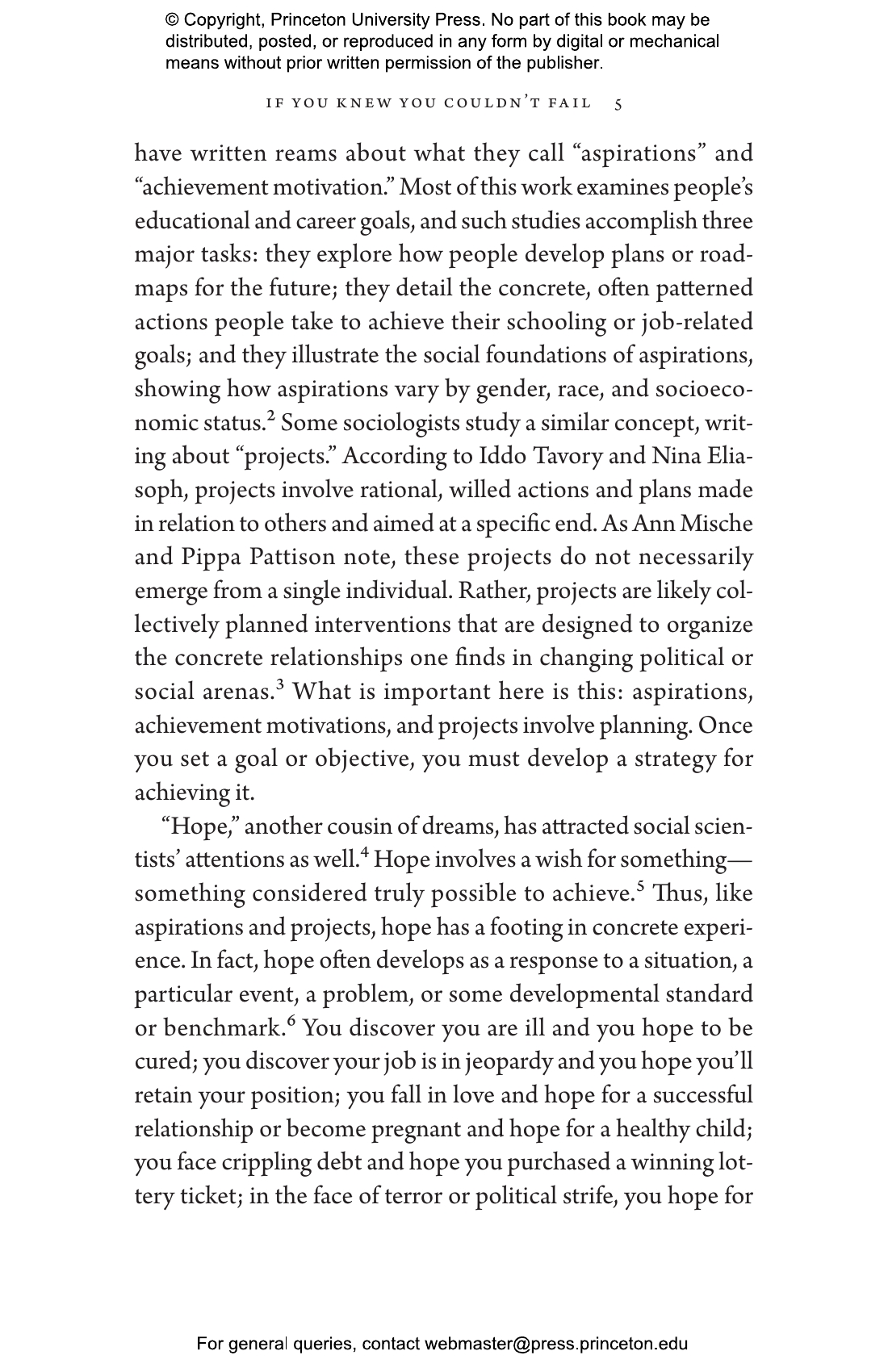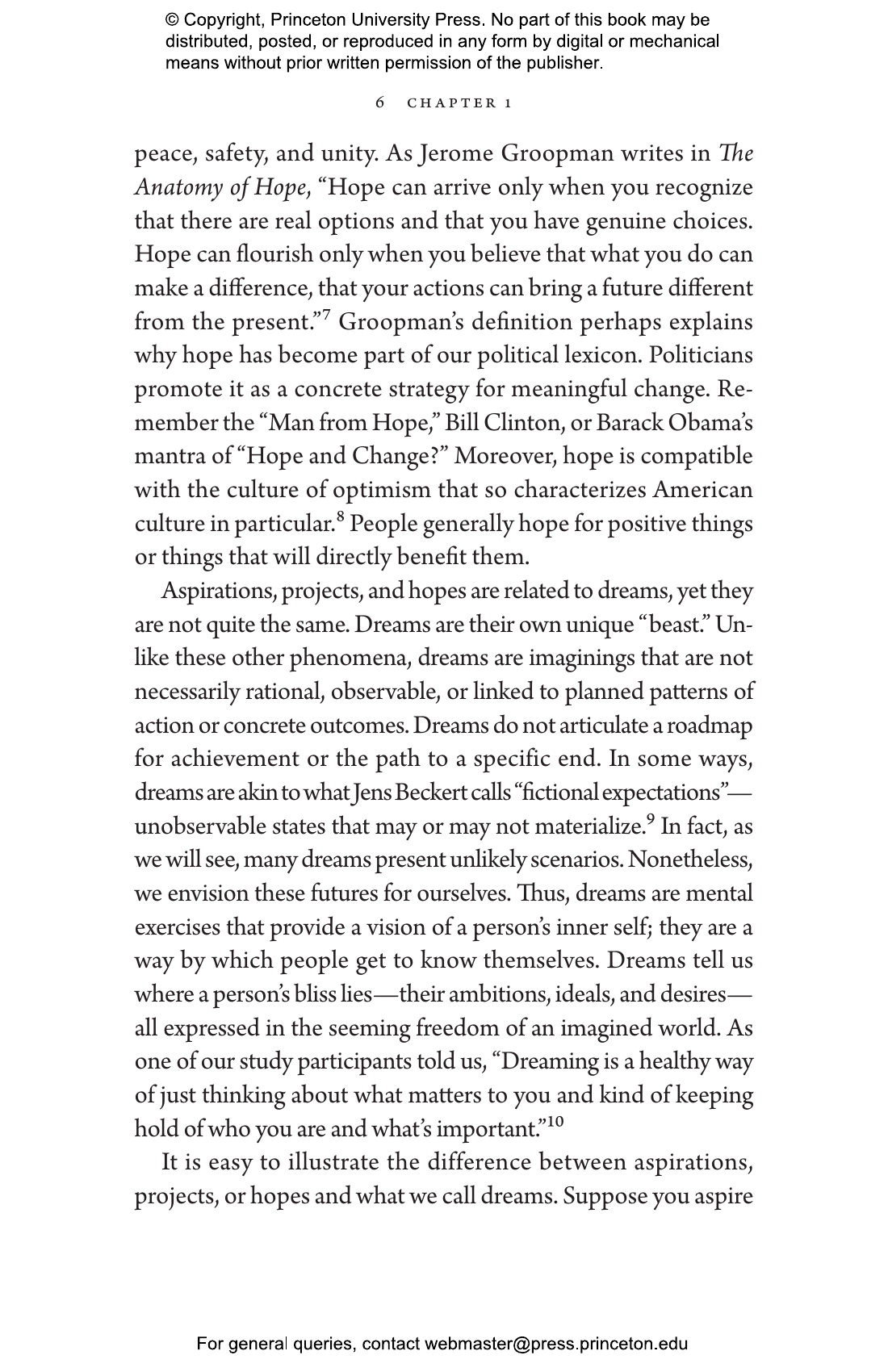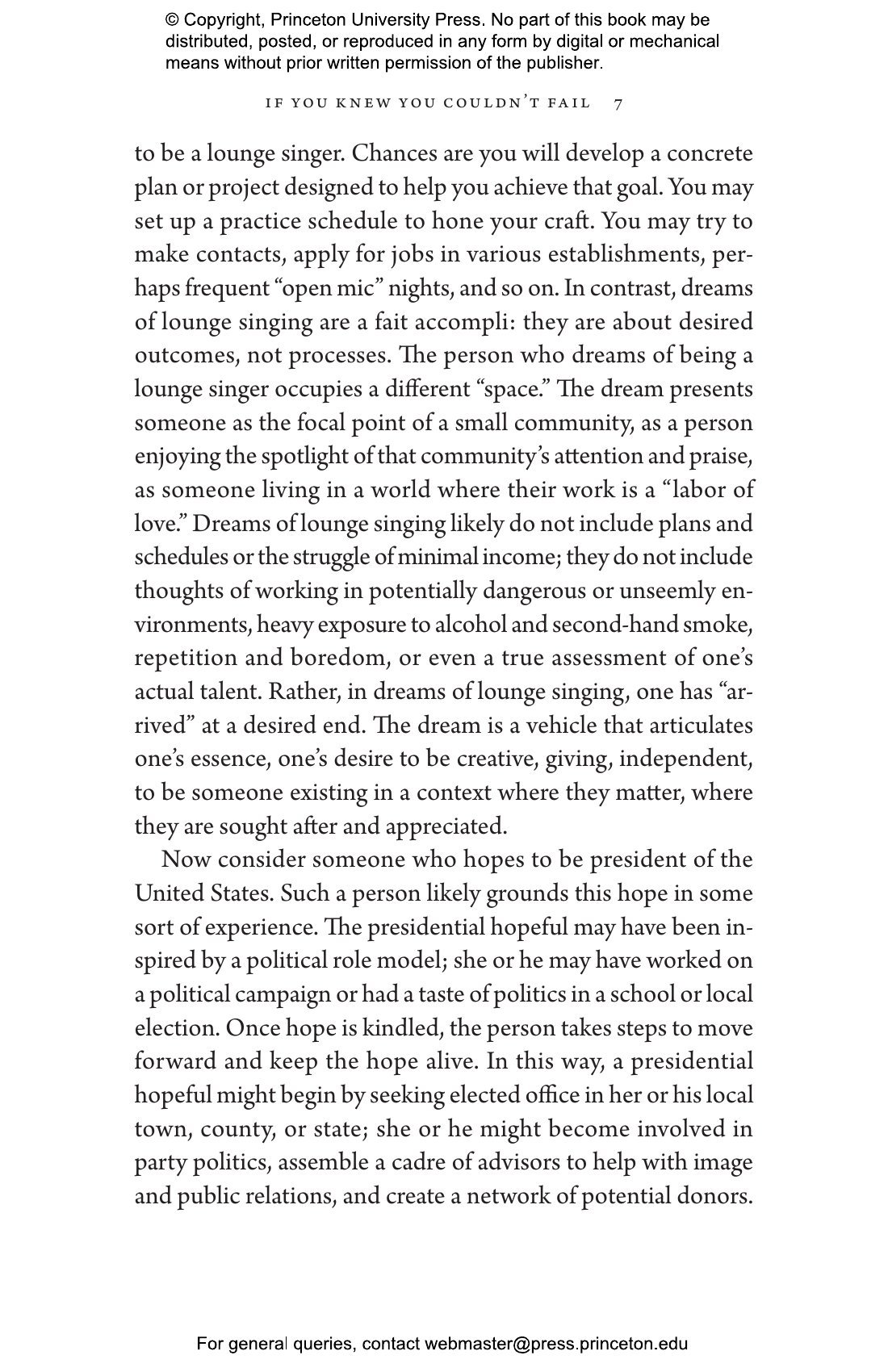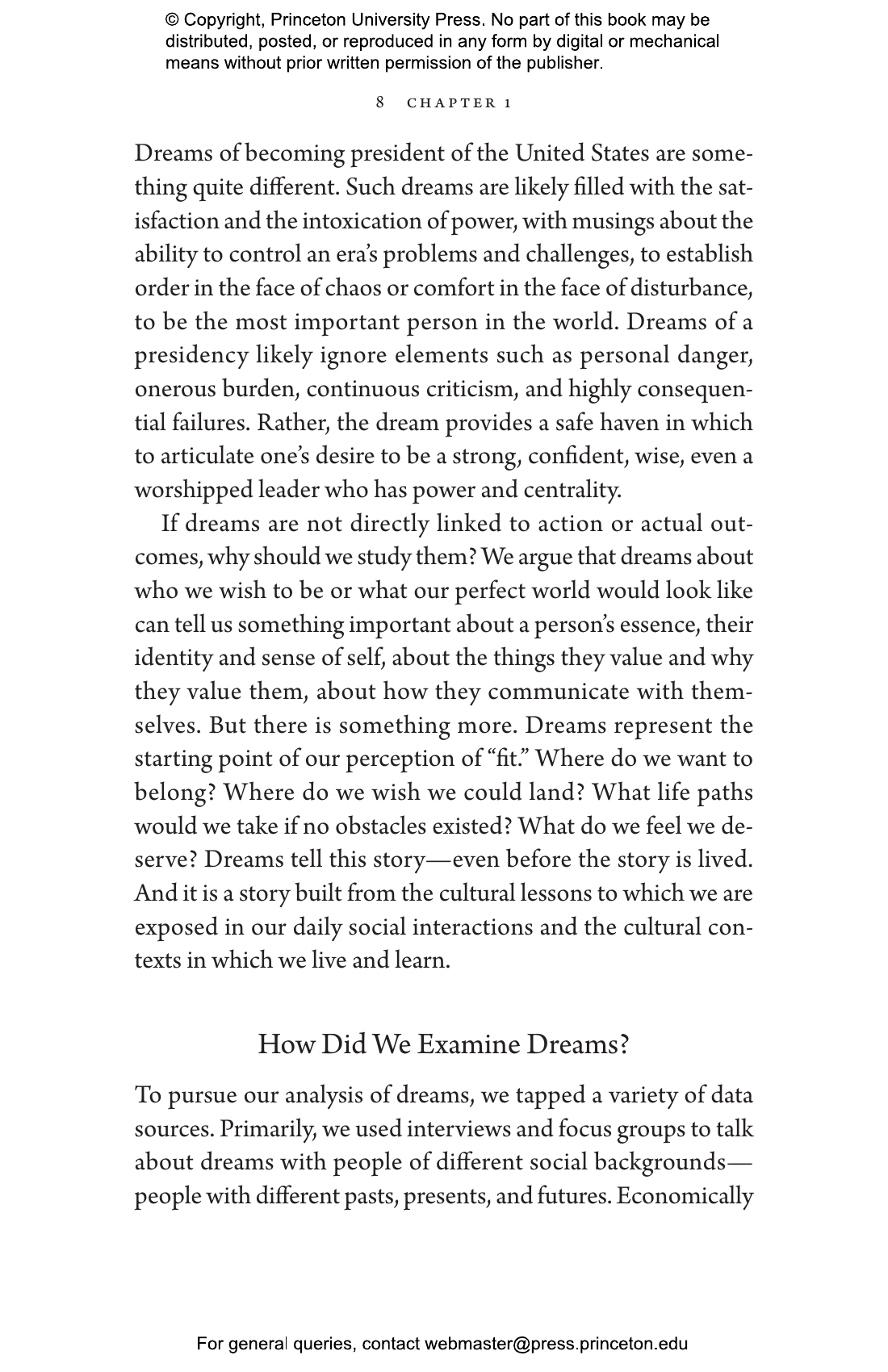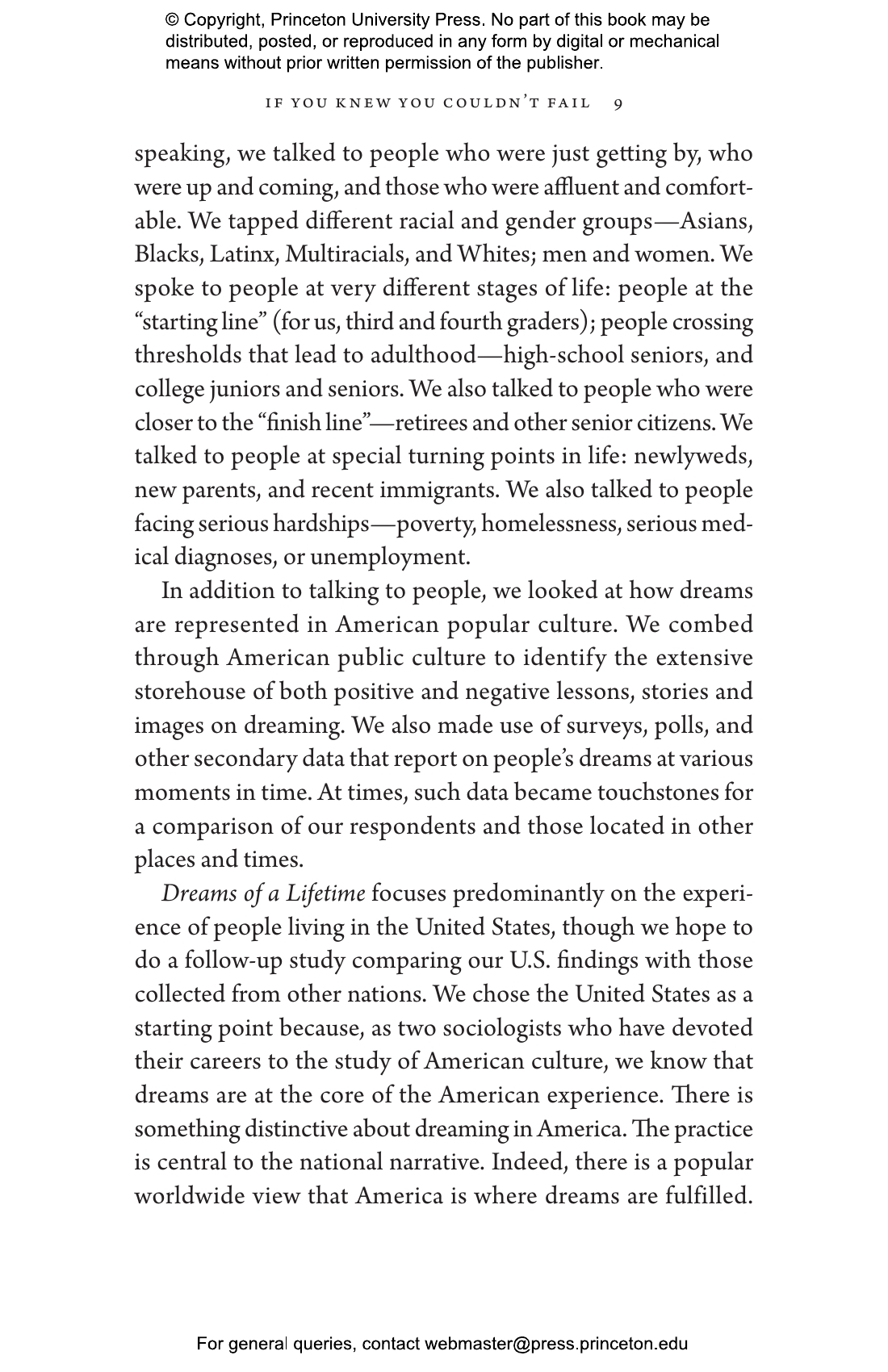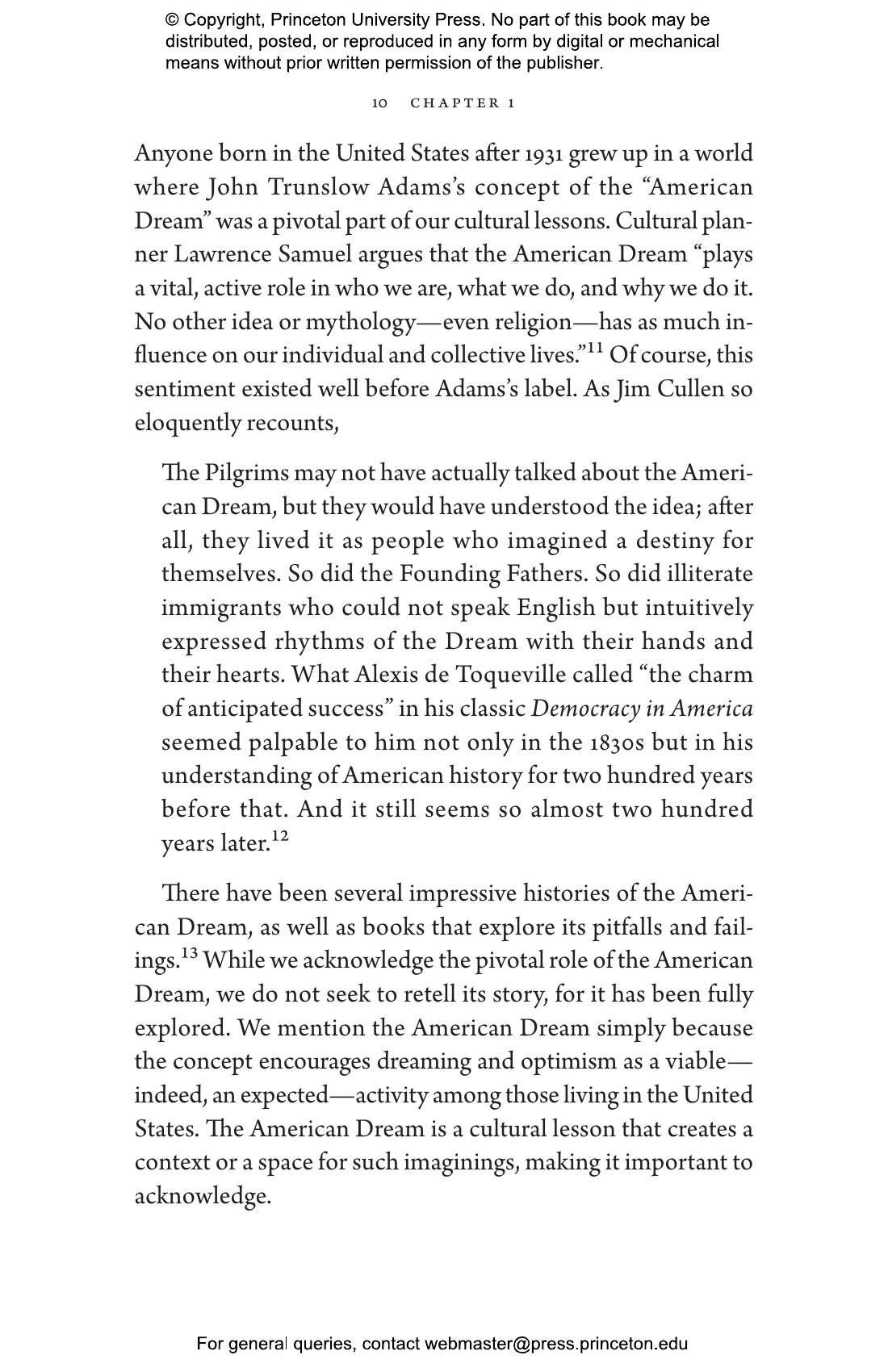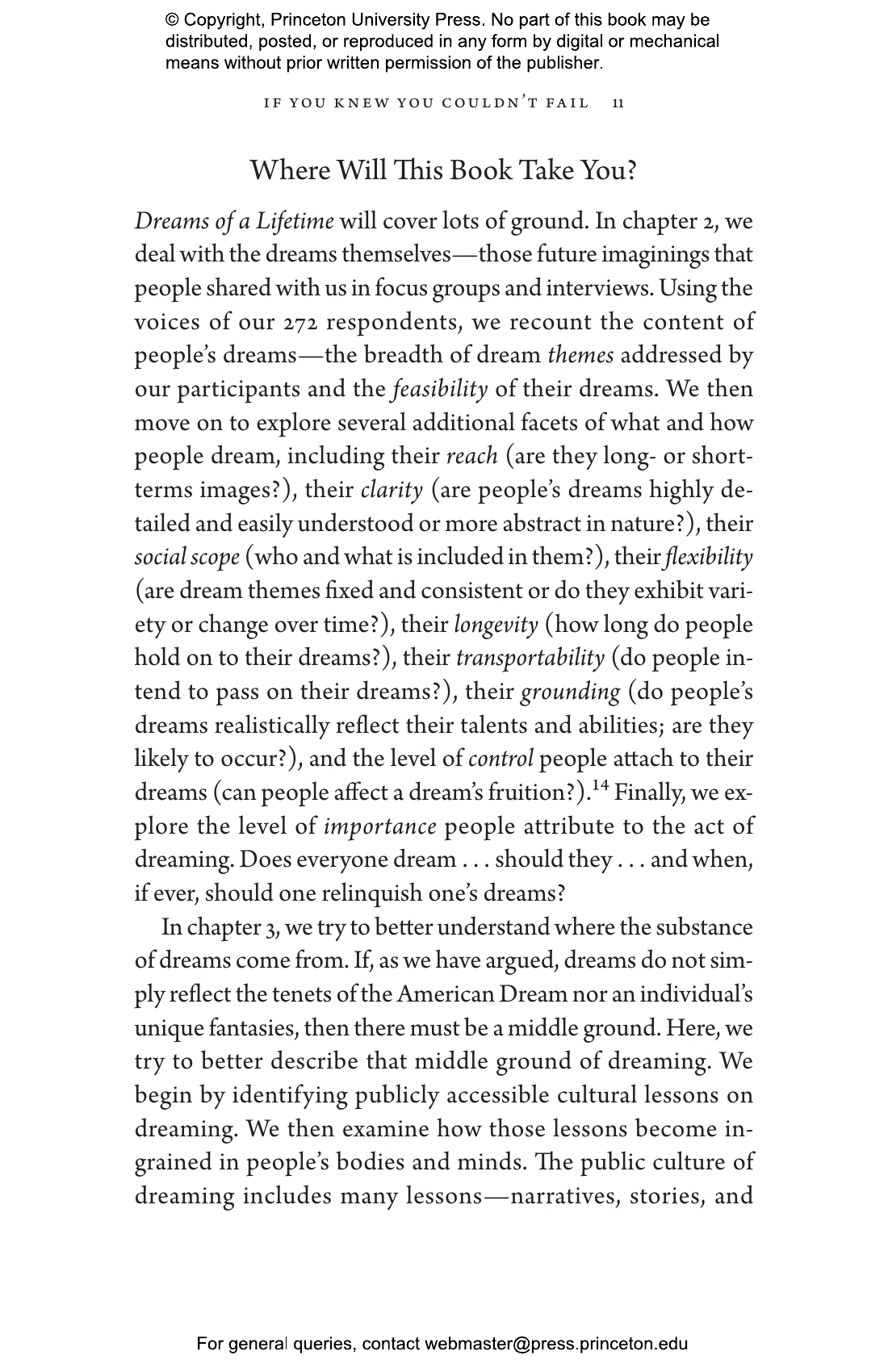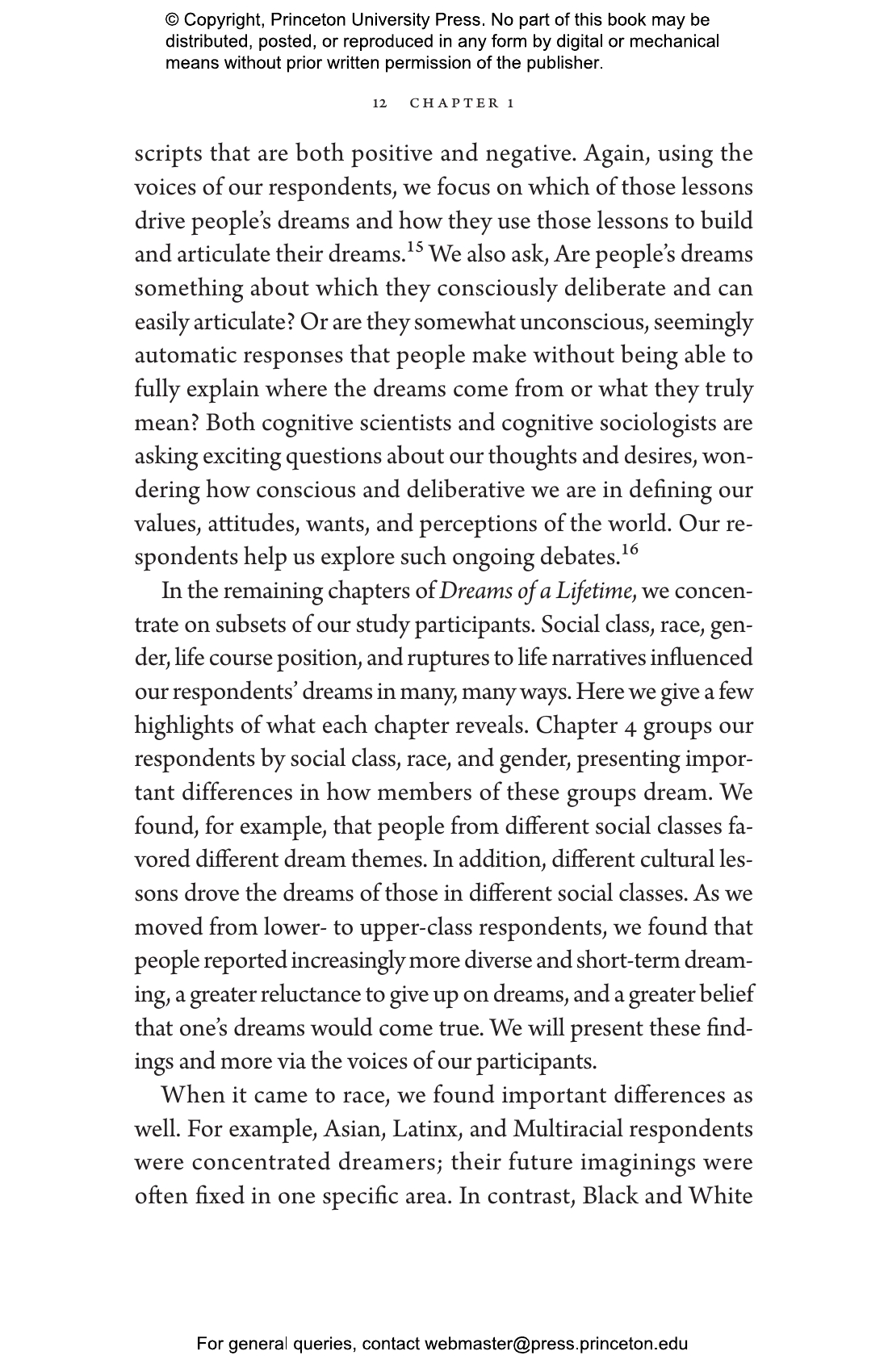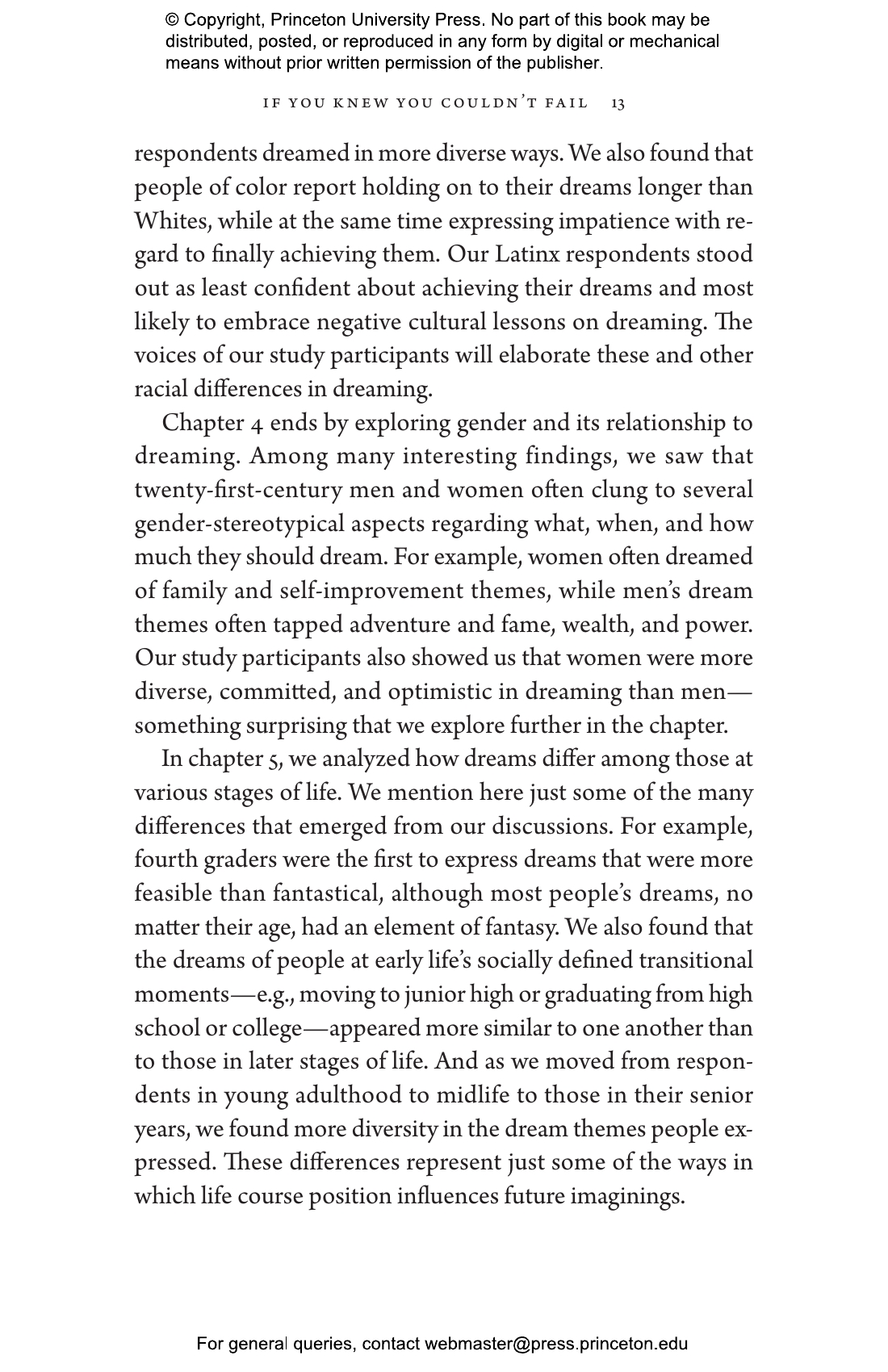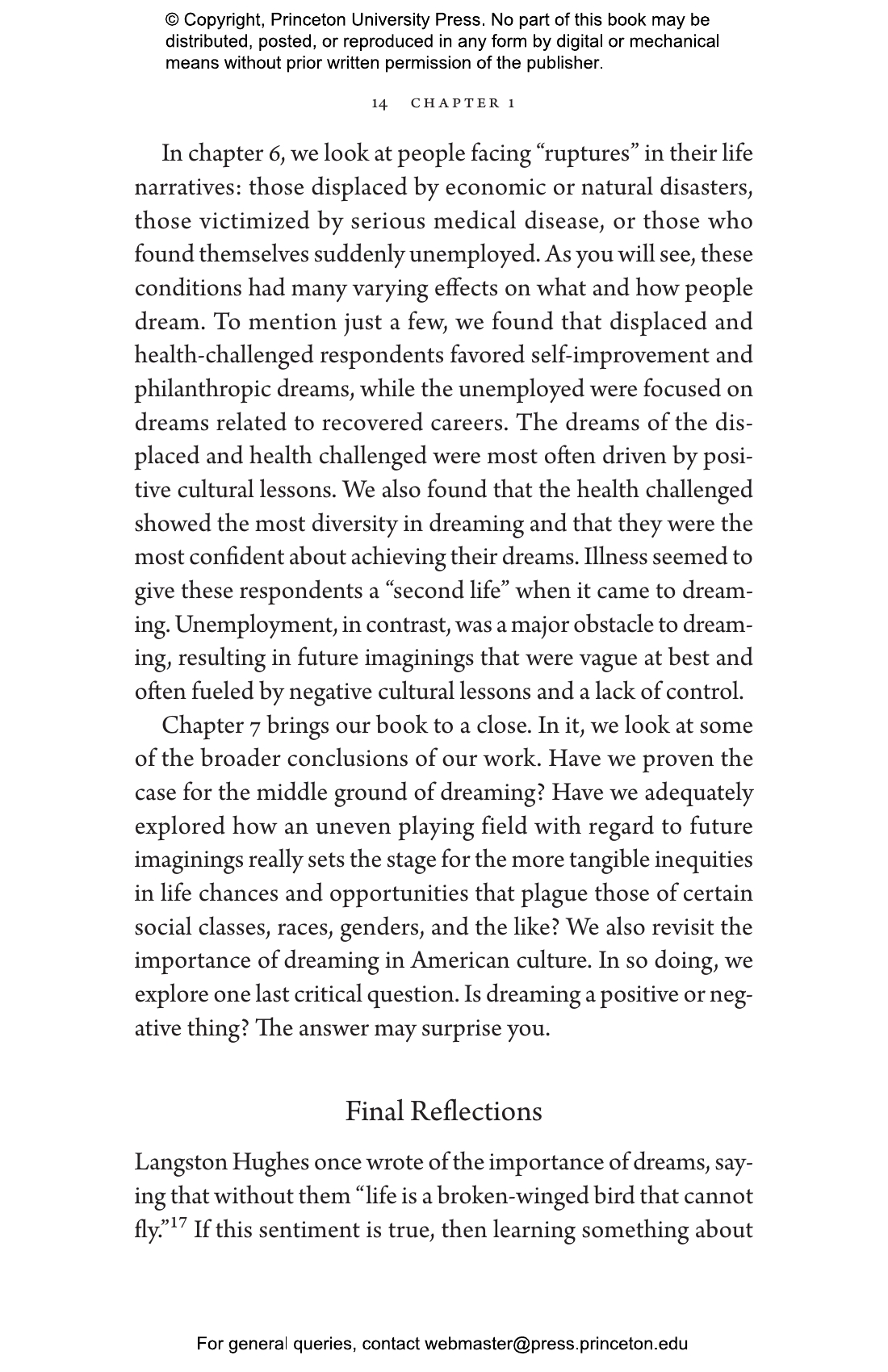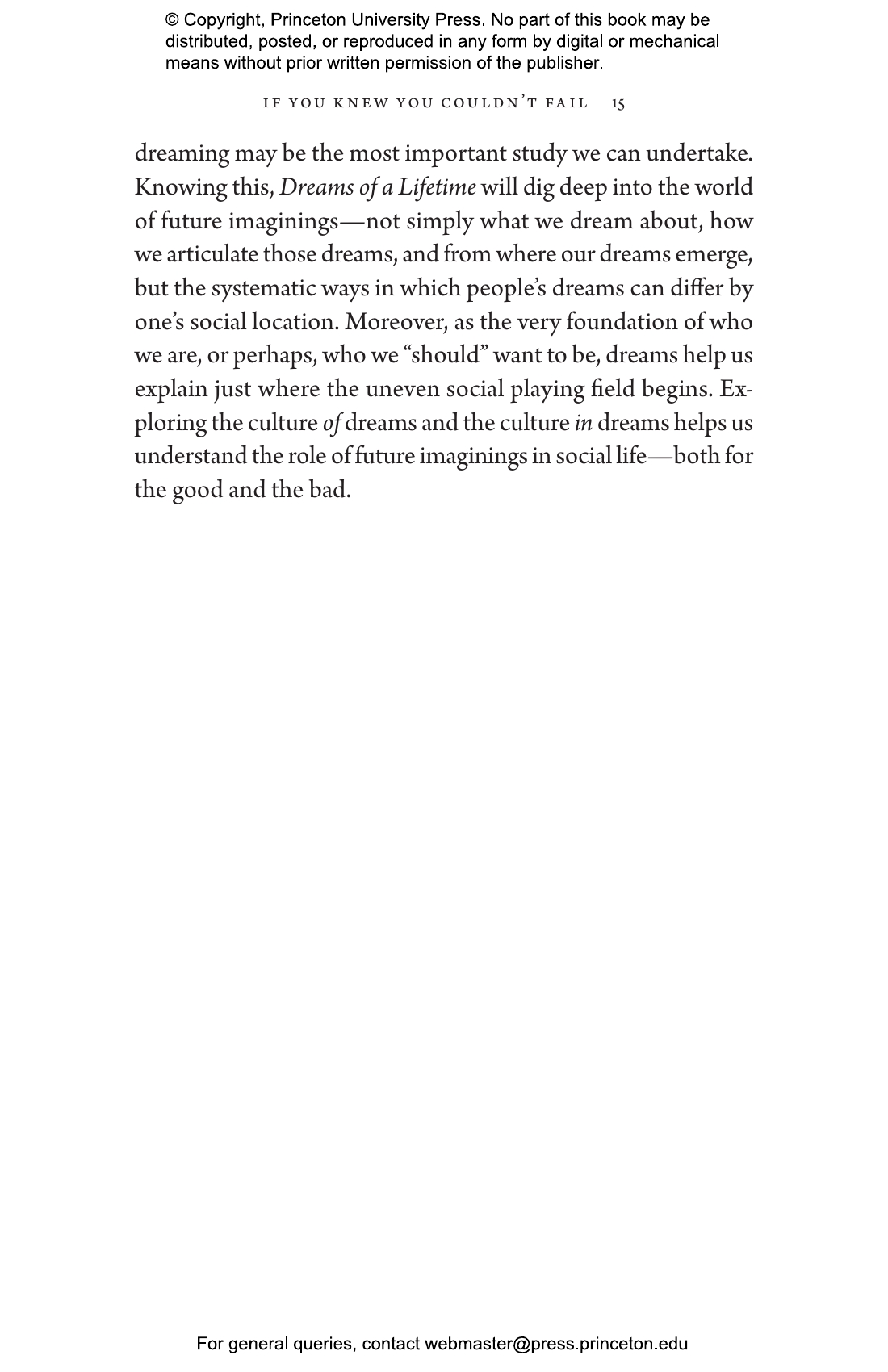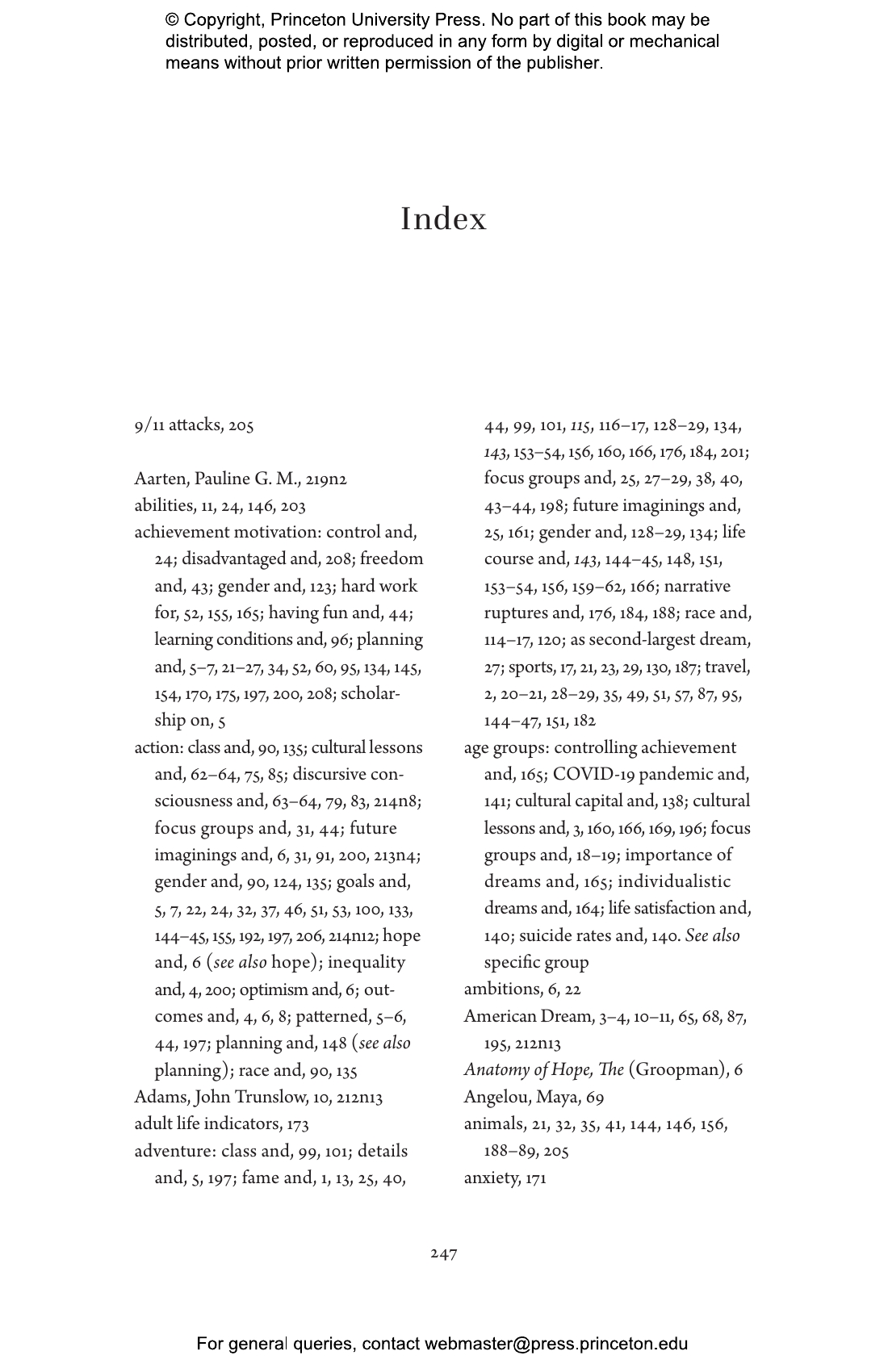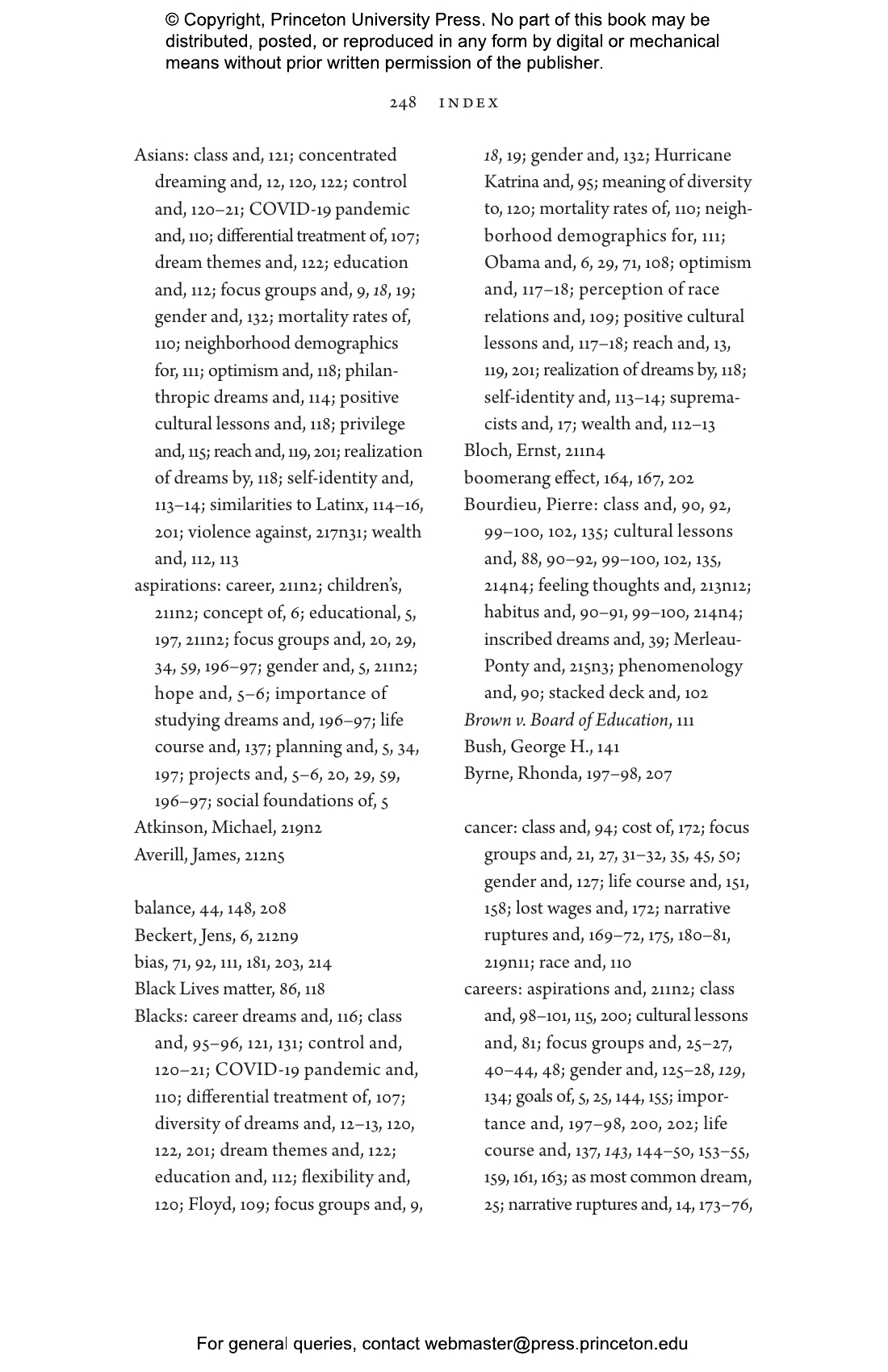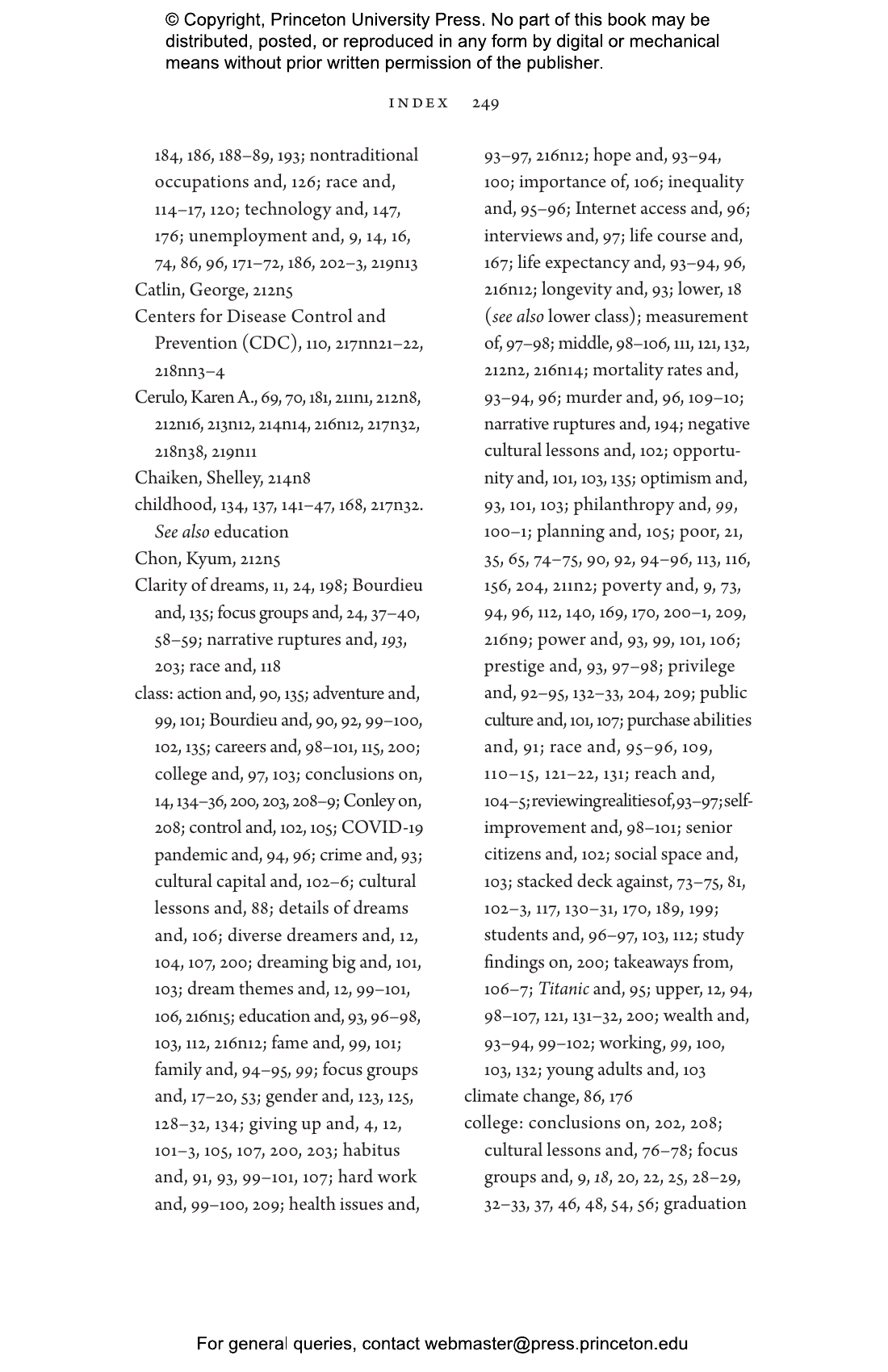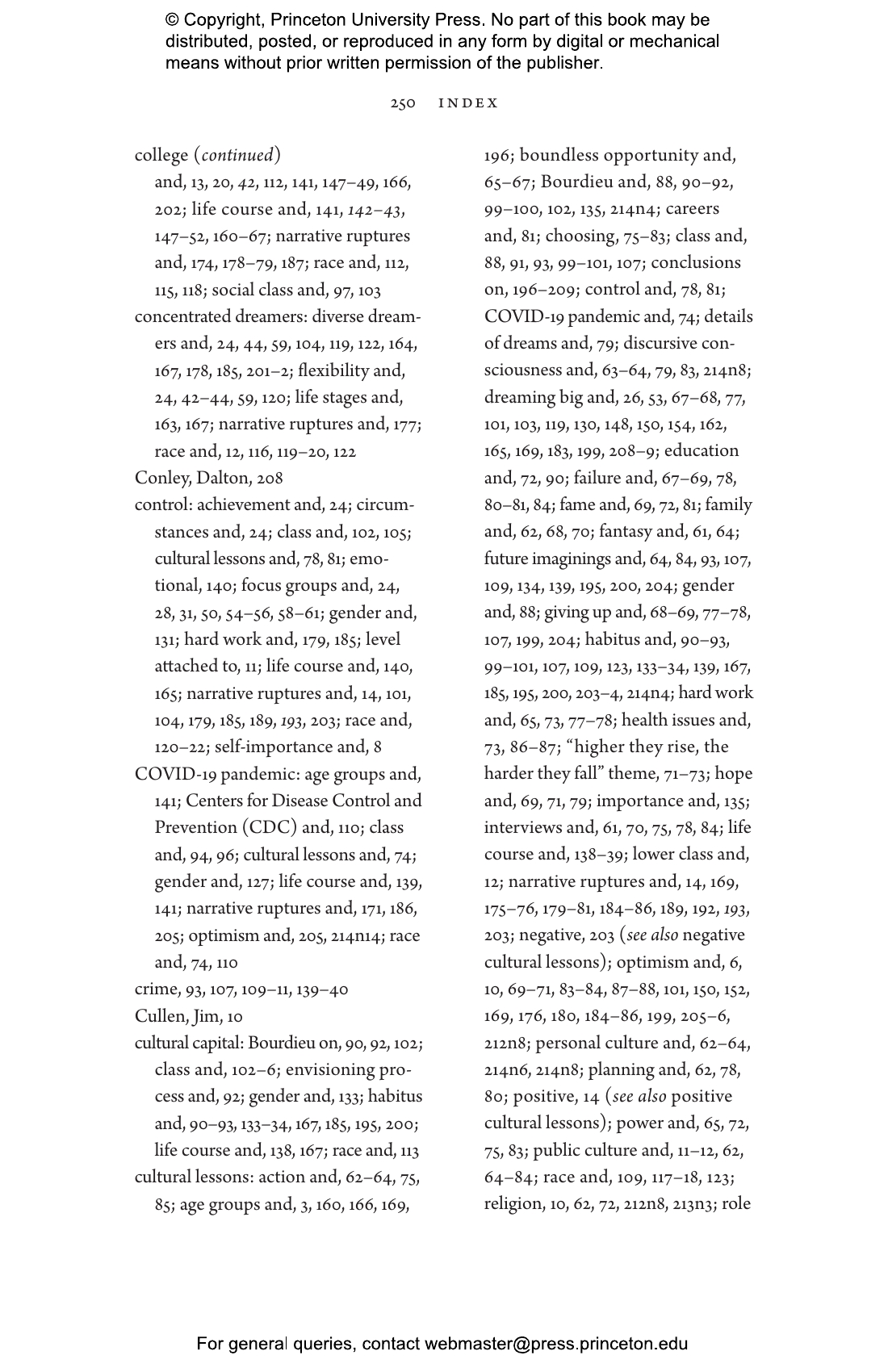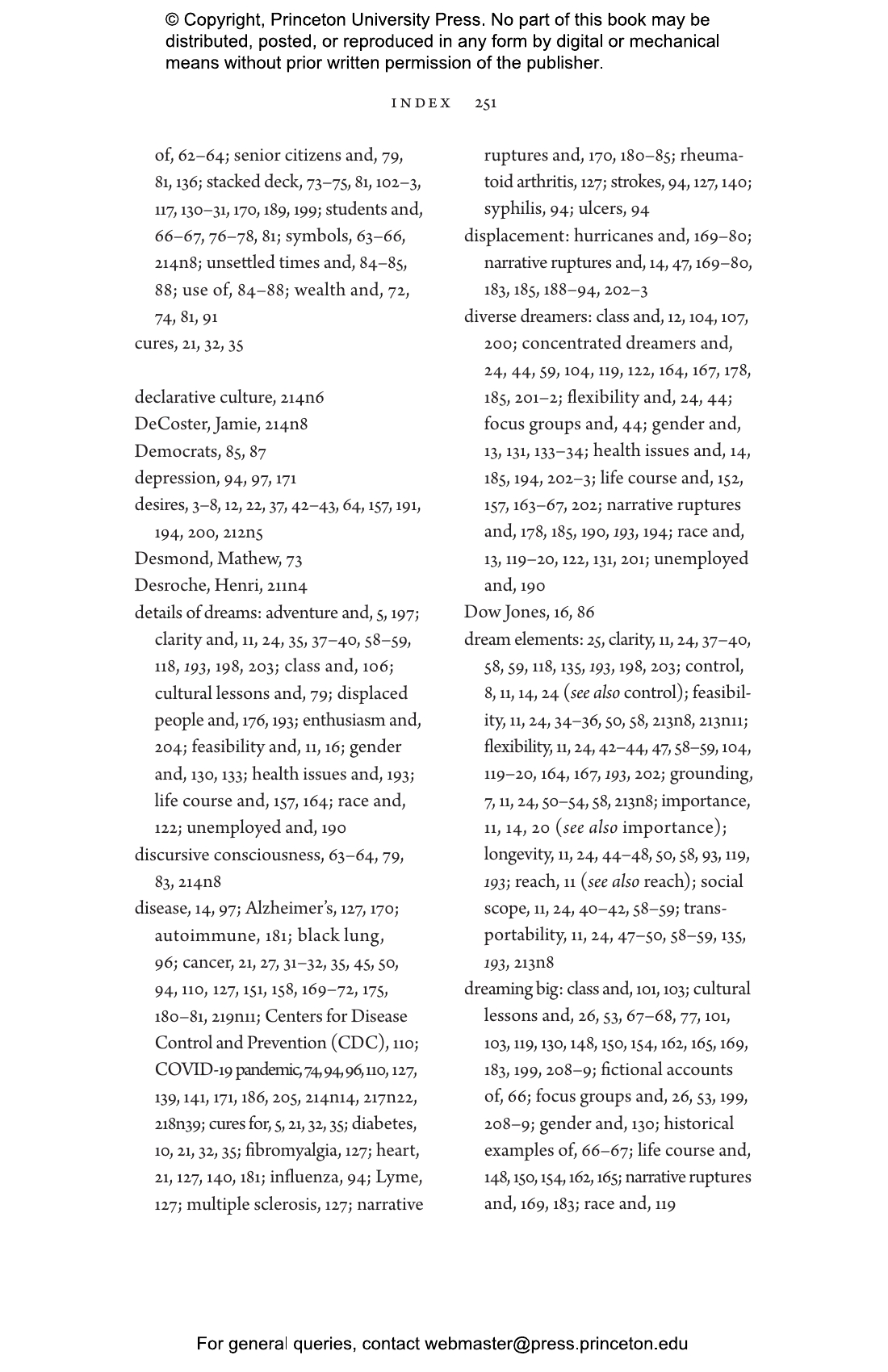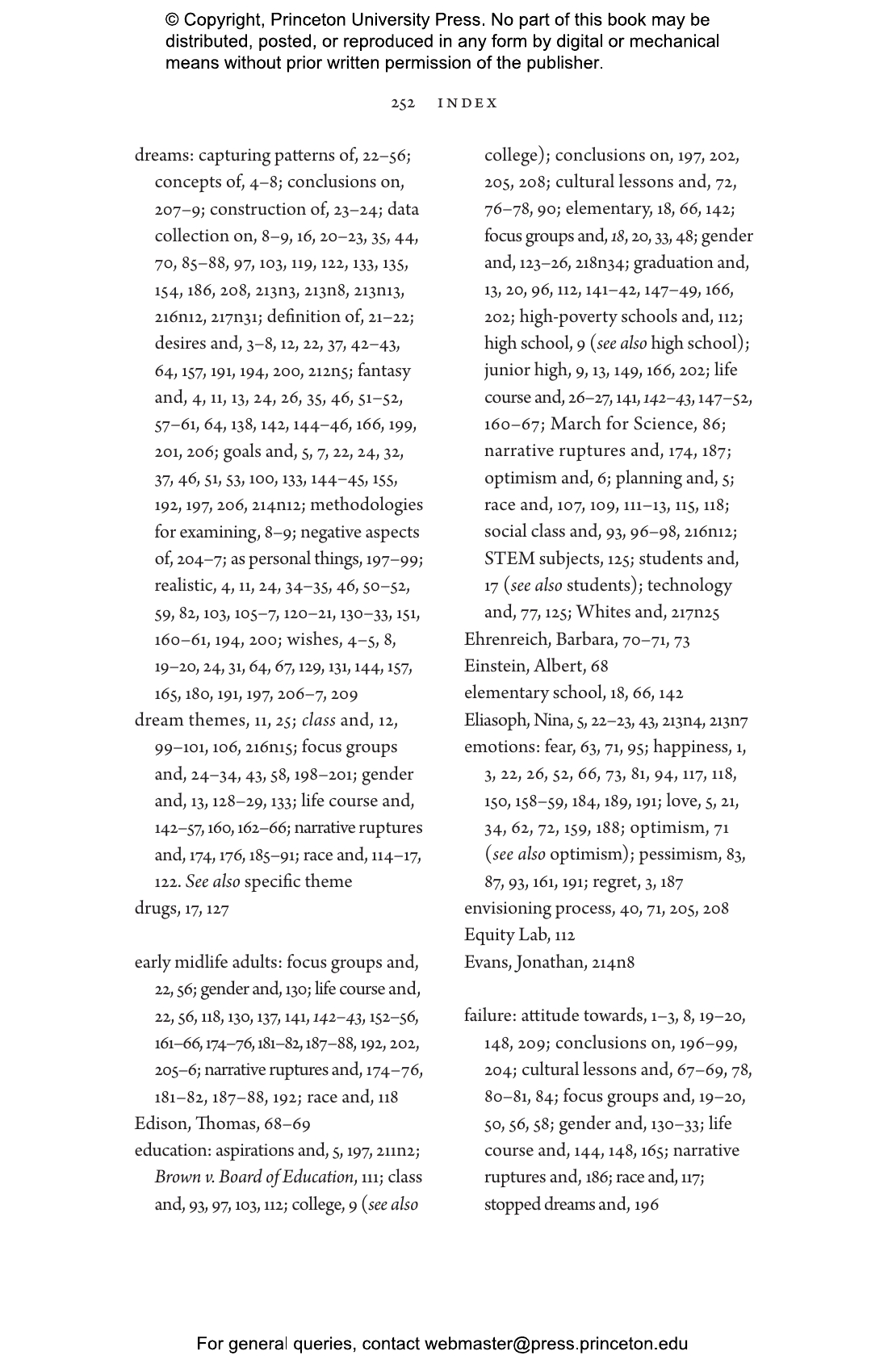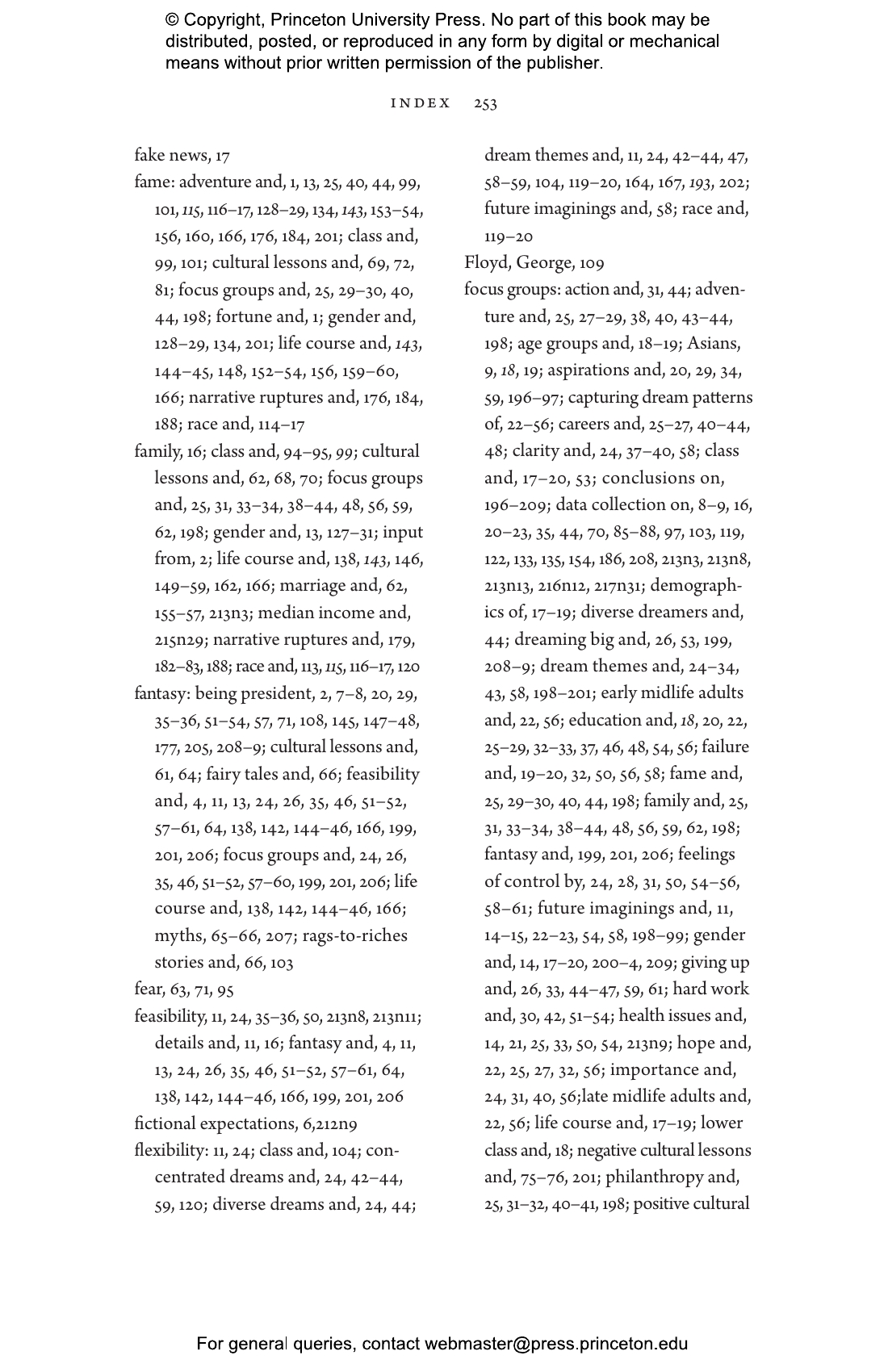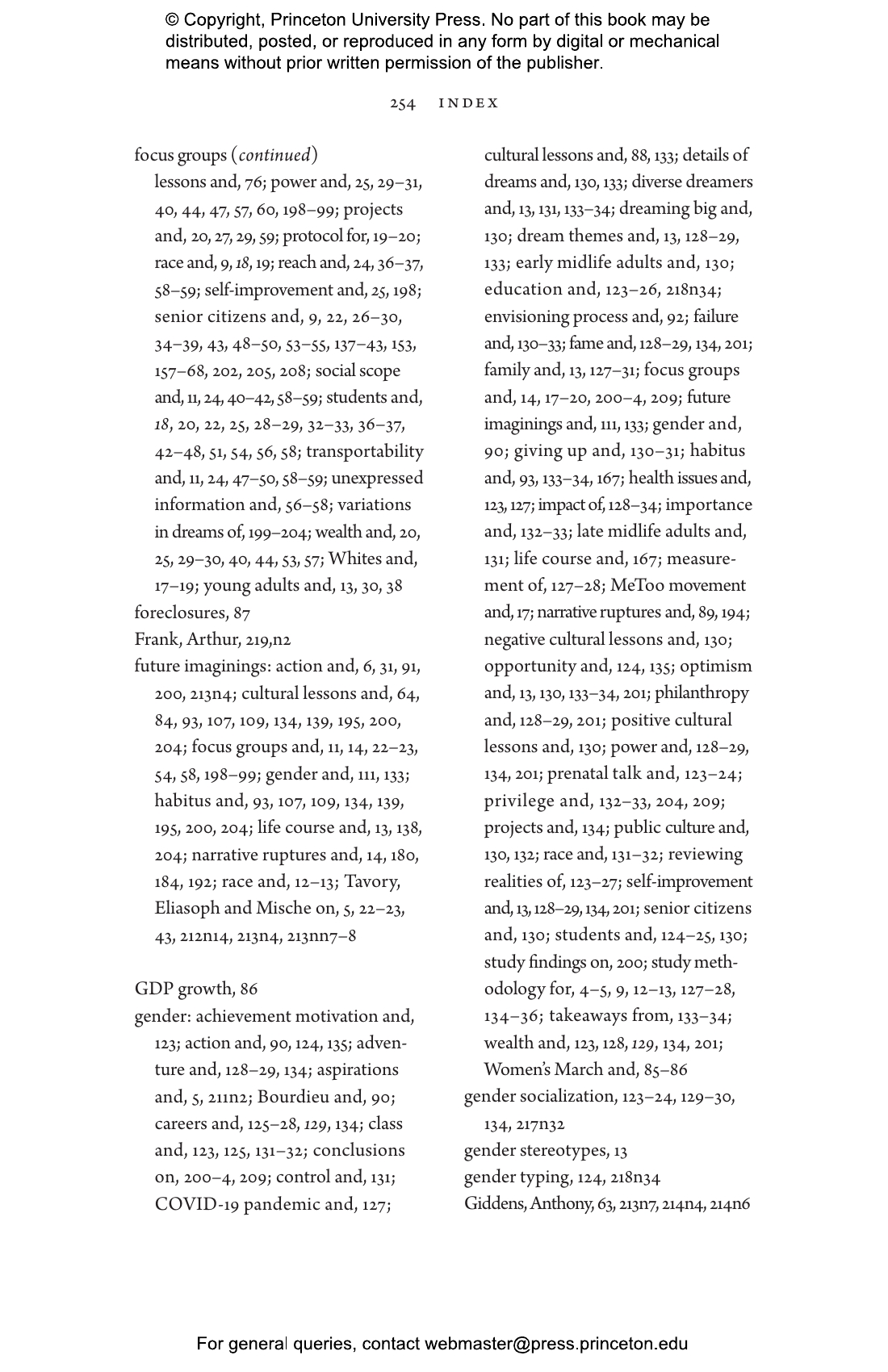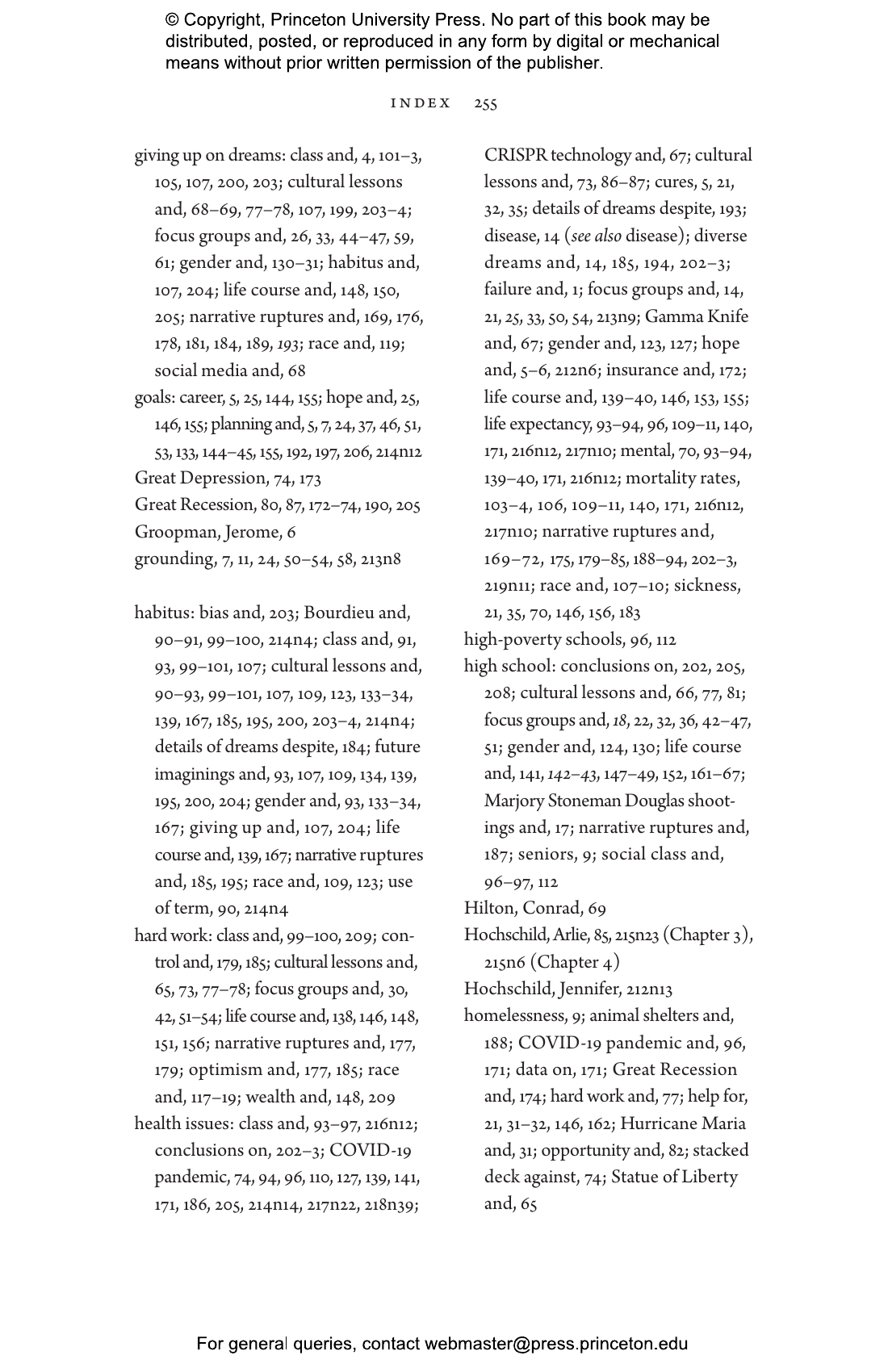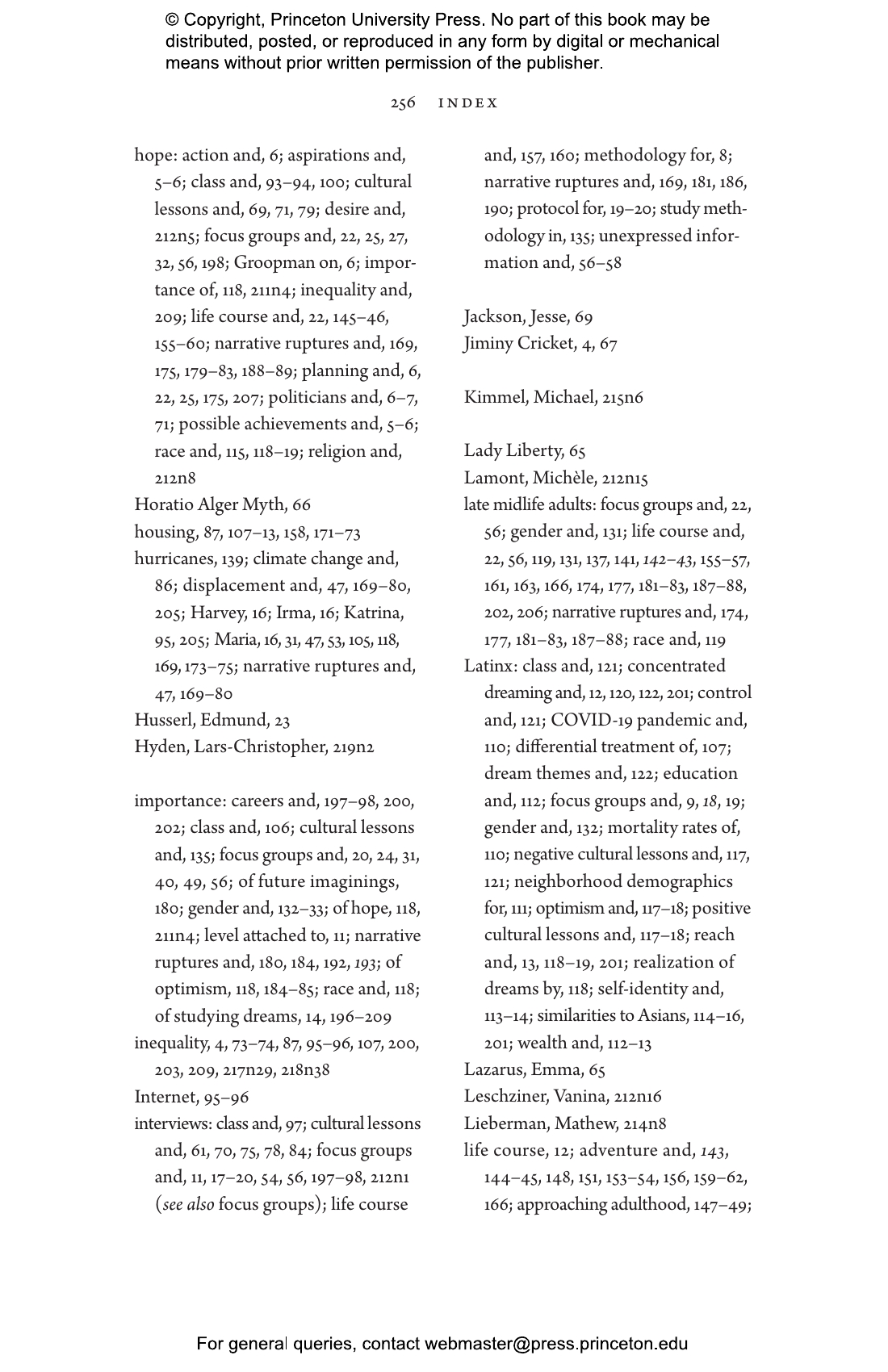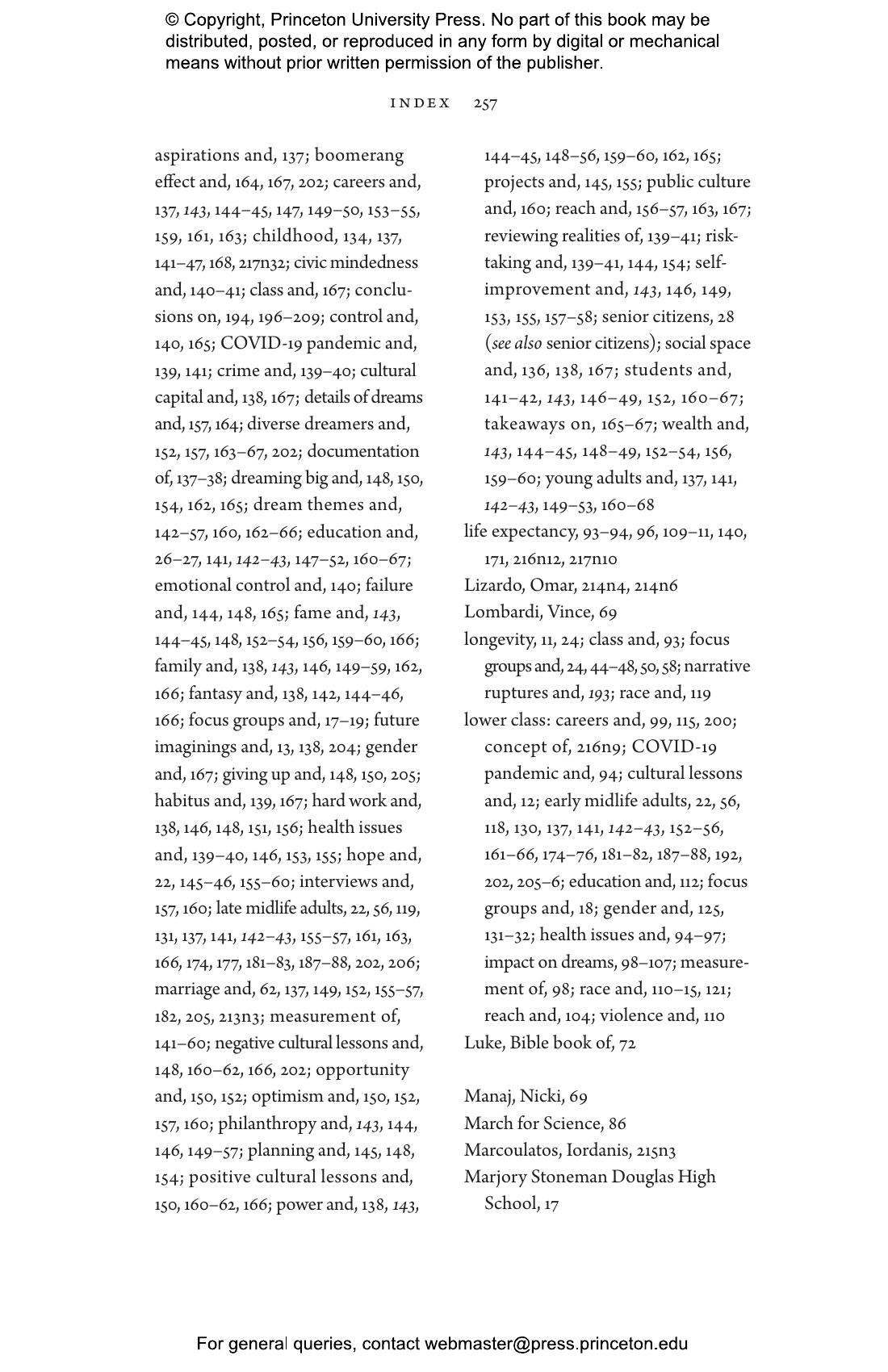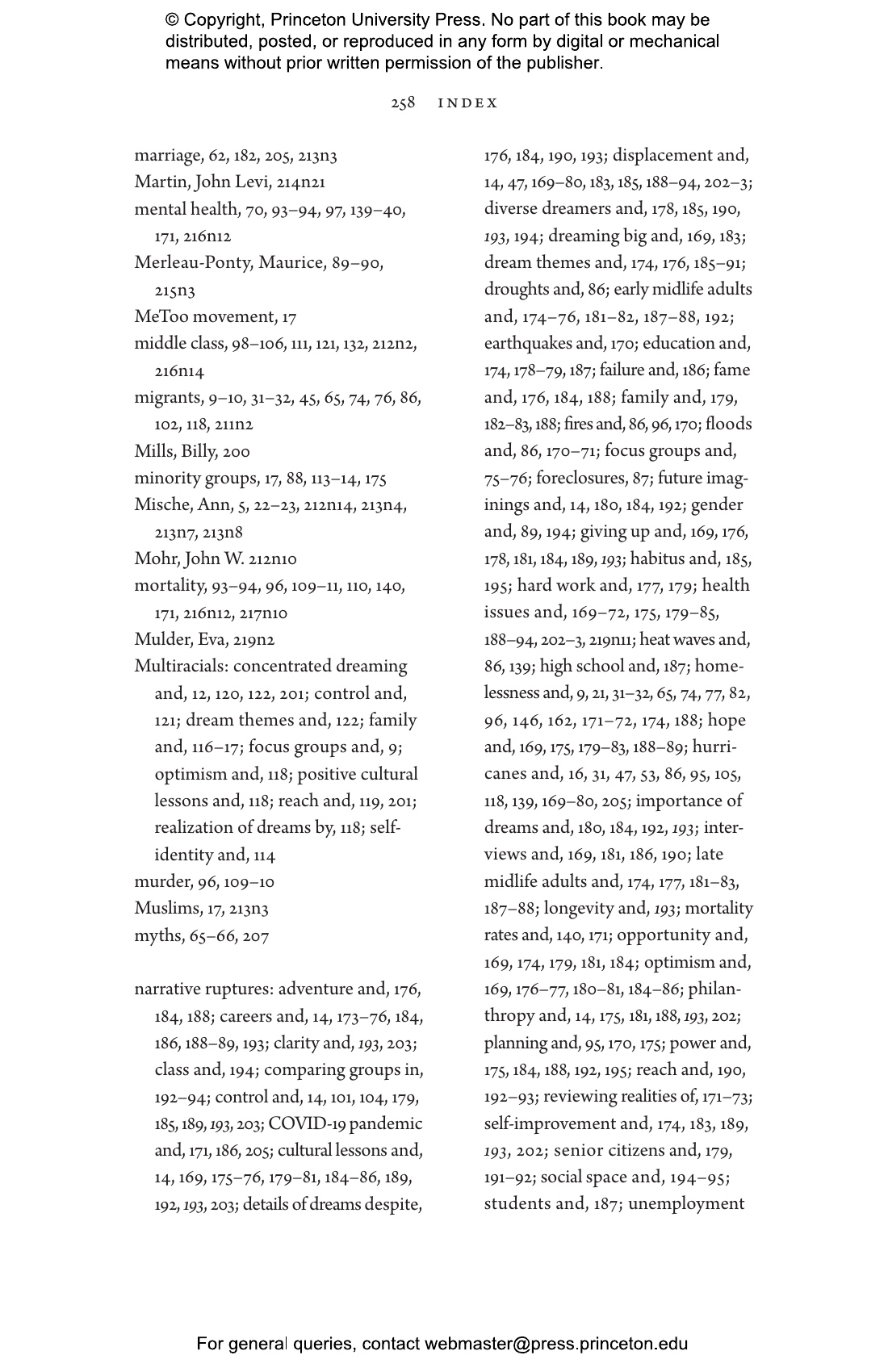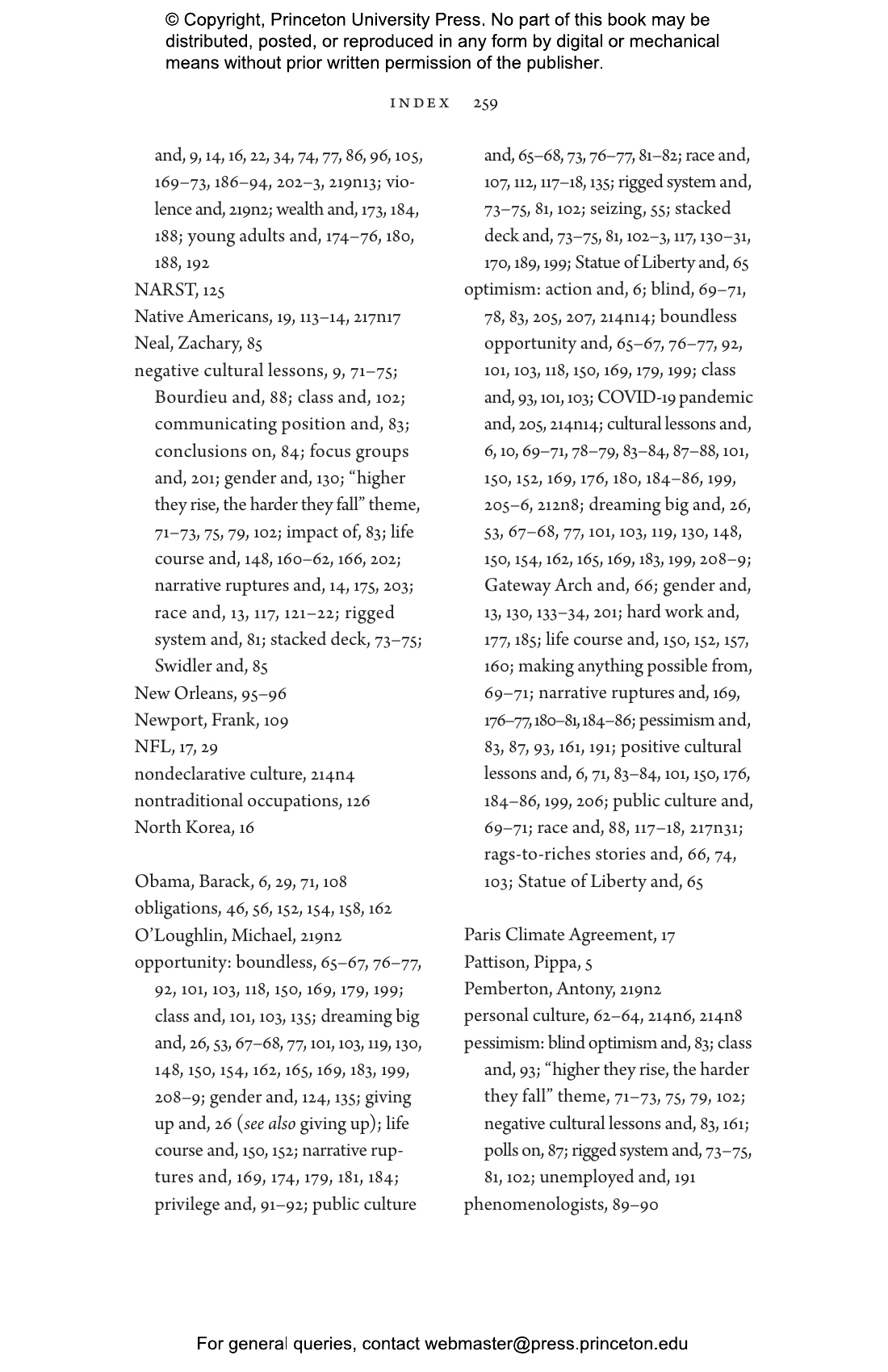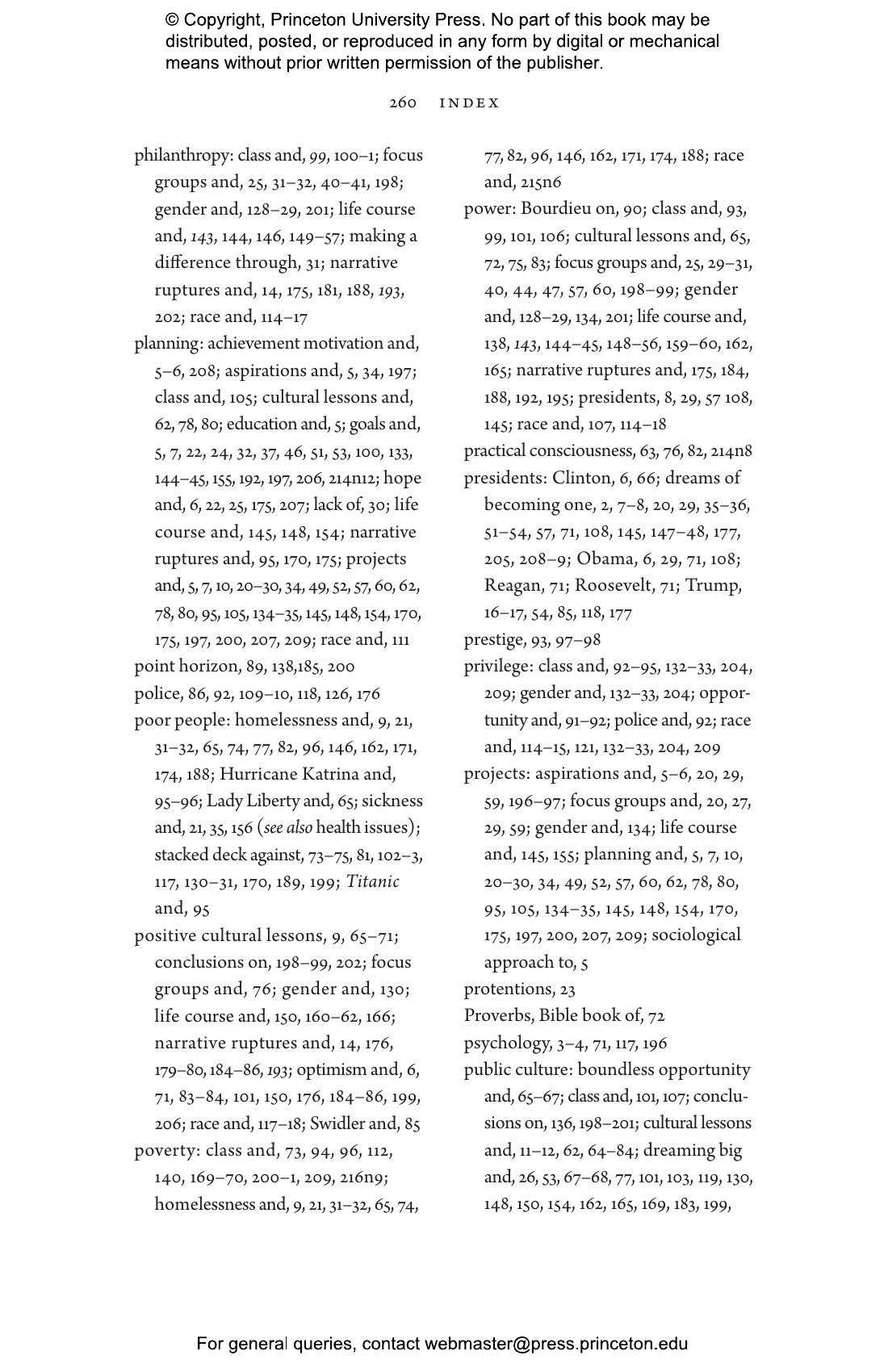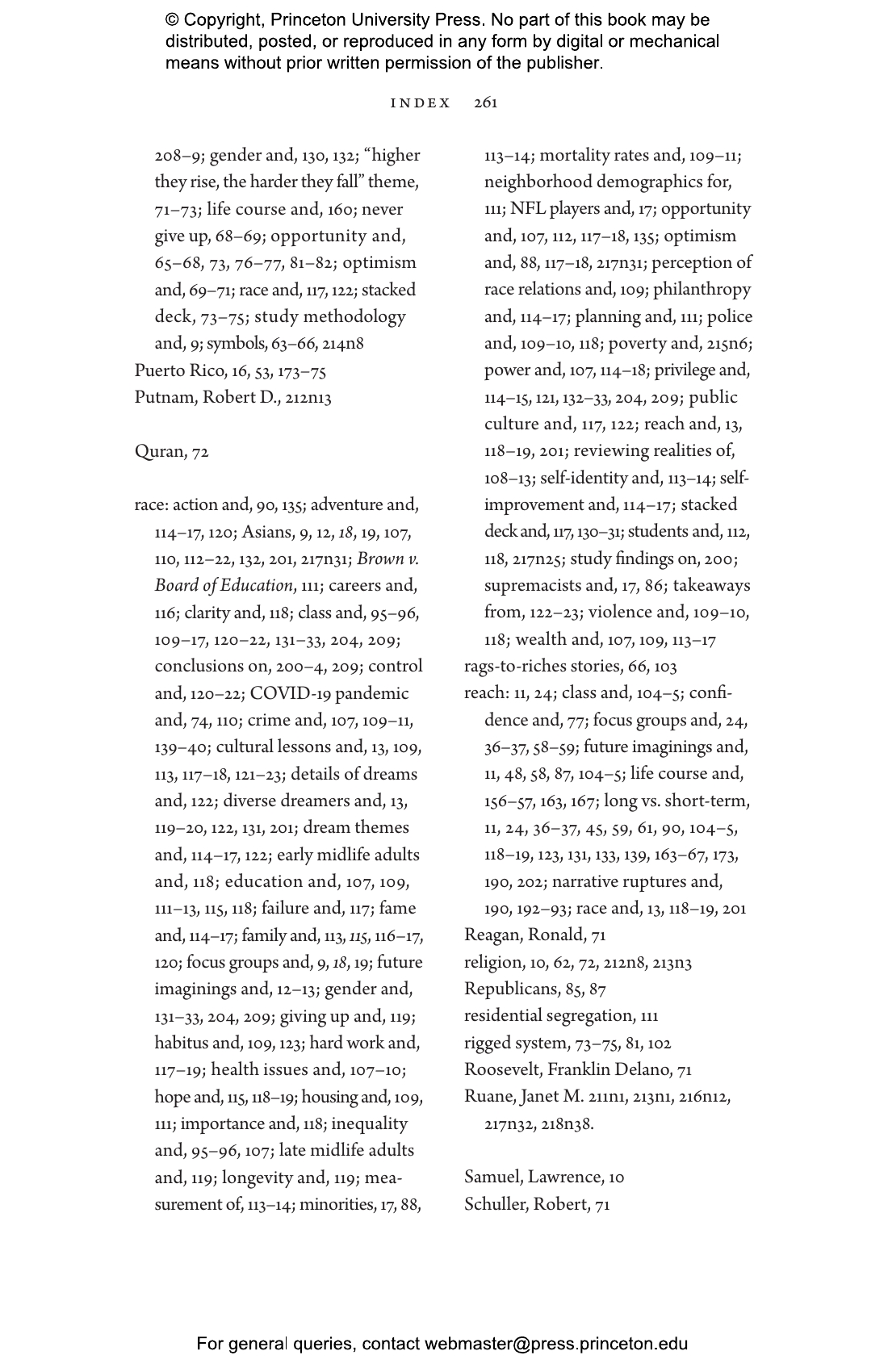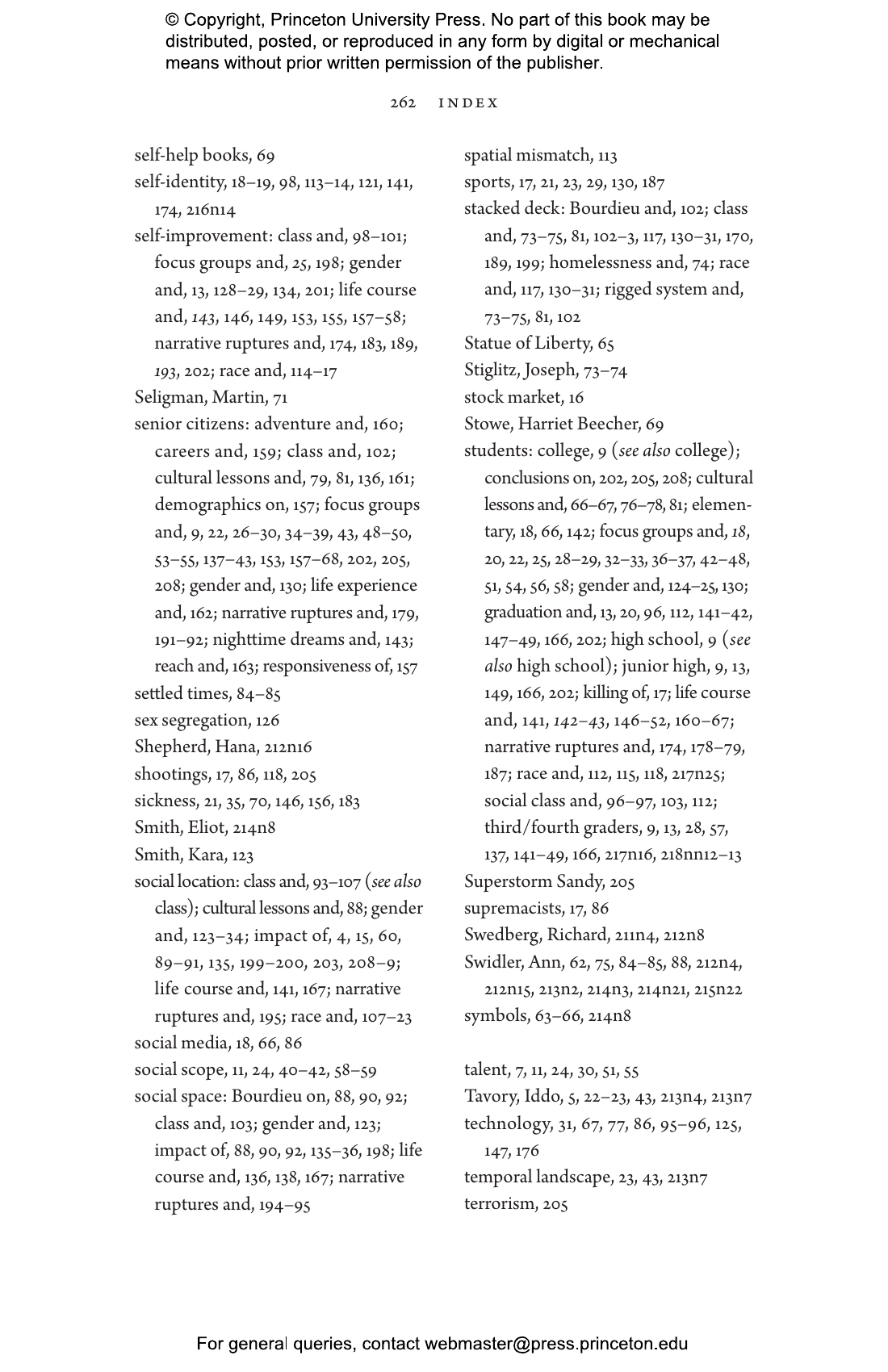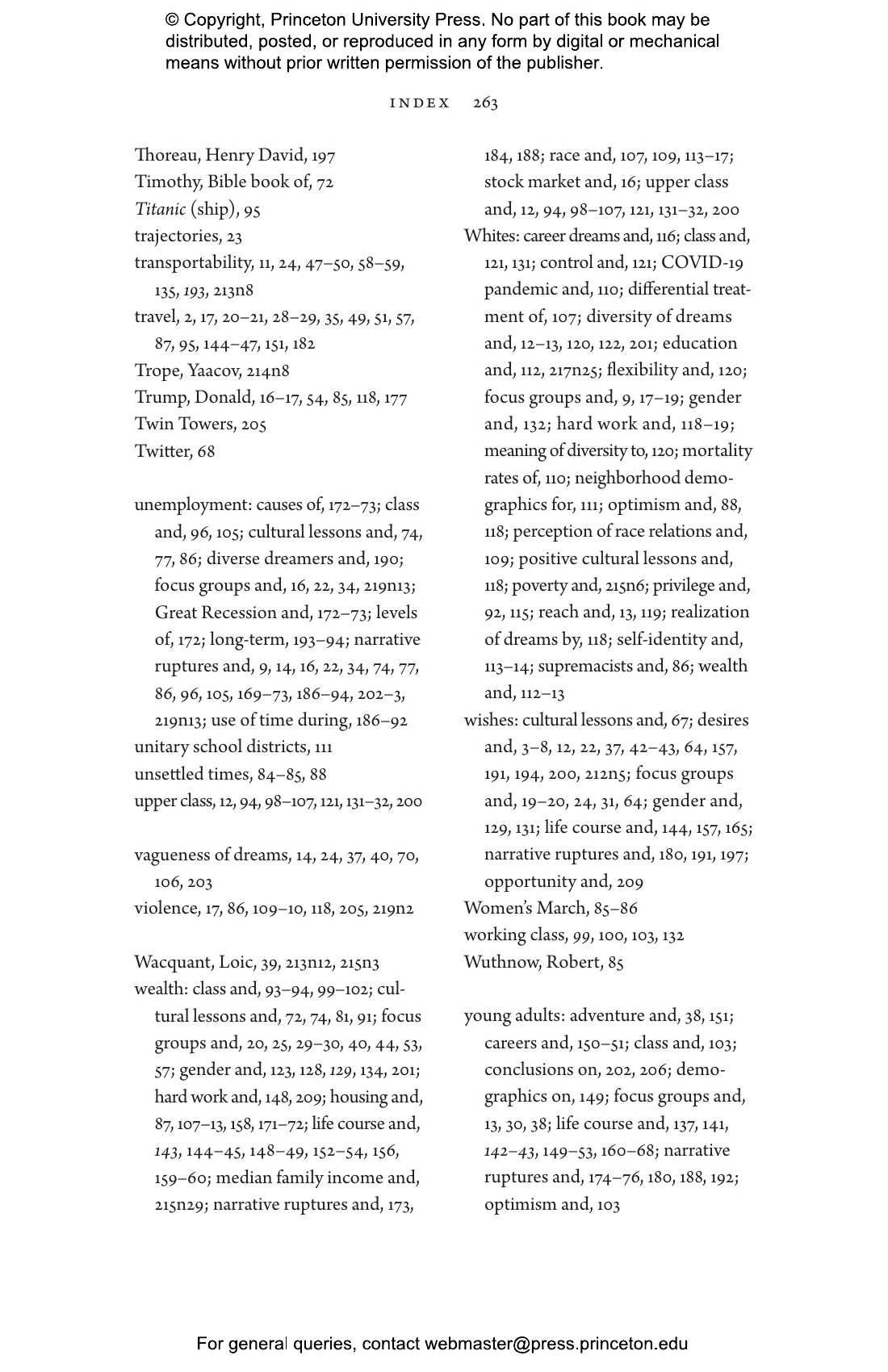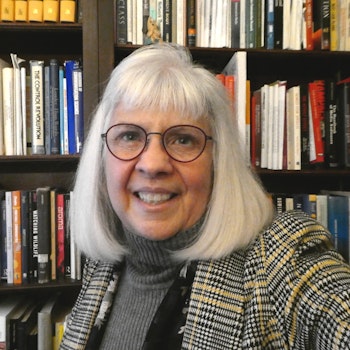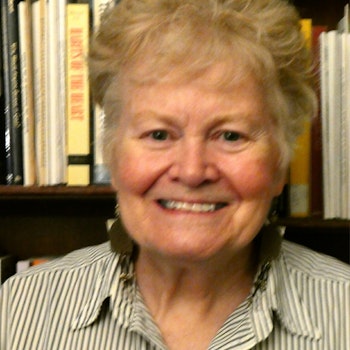Most of us understand that a person’s place in society can close doors to opportunity, but we also tend to think that anything is possible when someone dreams about what might be. Dreams of a Lifetime reveals that what and how we dream—and whether we believe our dreams can actually come true—are tied to our social class, gender, race, age, and life events.
Karen Cerulo and Janet Ruane argue that our social location shapes the seemingly private and unique life of our minds. We are all free to dream about possibilities, but not all dreamers are equal. Cerulo and Ruane show how our social position ingrains itself on our mind’s eye, quietly influencing the nature of our dreams, whether we embrace dreaming or dream at all, and whether we believe that our dreams, from the attainable to the improbable, can become realities. They explore how inequalities stemming from social disadvantages pattern our dreams for ourselves, and how sociocultural disparities in how we dream exacerbate social inequalities and limit the life paths we believe are open to us.
Drawing on a wealth of original interviews with people from diverse social backgrounds, Dreams of a Lifetime demonstrates how the study of our dreams can provide new avenues for understanding and combating inequality—including inequalities that precede action or outcome.
Awards and Recognition
- Winner of the Mary Douglas Prize, Culture Section of the American Sociological Association
Karen A. Cerulo is professor of sociology at Rutgers University and editor of Sociological Forum. Her books include Never Saw It Coming: Cultural Challenges to Envisioning the Worst. Janet M. Ruane is professor emerita of sociology at Montclair State University. Her books include Introducing Social Research Methods and (with Karen A. Cerulo) Second Thoughts: Sociology Challenges Conventional Wisdom.
"Dreams of a Lifetime belongs to a particular shelf, one that holds those books that utilize sociology seriously to best capture the pulse of the United States at a particular juncture in time. In this tradition, one can find treatises about loneliness (Riesman, Slater), disconnection (Putnam, Sennett), how people think and feel (Bellah et al.), the life of those on the lower ladders of this society (Sennett and Cobb, Liebow, and more recently Desmond as well as Horschild). A lot has changed since some of these books were published. . . but the impetus remains the same: to explain to ourselves who we are at a particular juncture in time, in a jargon free, yet sociologically informed way."—Claudio E. Benzecry, Sociological Forum
“For those who like to see America as a field of dreams writ large, this book is tonic. Cerulo and Ruane correct the record on dreaming, revealing why it is not an equal opportunity activity. Engrossing.”—Sherry Turkle, Massachusetts Institute of Technology, author of The Empathy Diaries
“Dreams of a Lifetime compellingly argues that dreams tell us about our essences—who we are and who we want to be. By treating dreams as cultural scripts, Cerulo and Ruane reveal surprising patterns that inform debates about narrative, cognition, values, and the self. With richly textured analyses of dreams dashed, deferred, and desired, Cerulo and Ruane write with empathy and compassion. Dreams of a Lifetime is an engaging book that makes important sociological contributions.”—Terence E. McDonnell, coauthor of Measuring Culture
“This is an intensely wonderful book. Cerulo and Ruane open a new door into both the personal and the social psyches, offering us wholly new understandings of American culture and the ways different sorts of people live their lives. It is not to be missed.”—John Levi Martin, author of Social Structures
“With insight and care, Cerulo and Ruane vividly demonstrate that dreams are not the unique imaginings of individuals but rather patterned states of mind that reflect one’s place in an unequal social landscape. This pioneering book shows how where we stand shapes what we dream, and uncovers the rich possibilities people imagine when they are invited to envision the life they wish they could have.”—Kathleen Gerson, New York University
